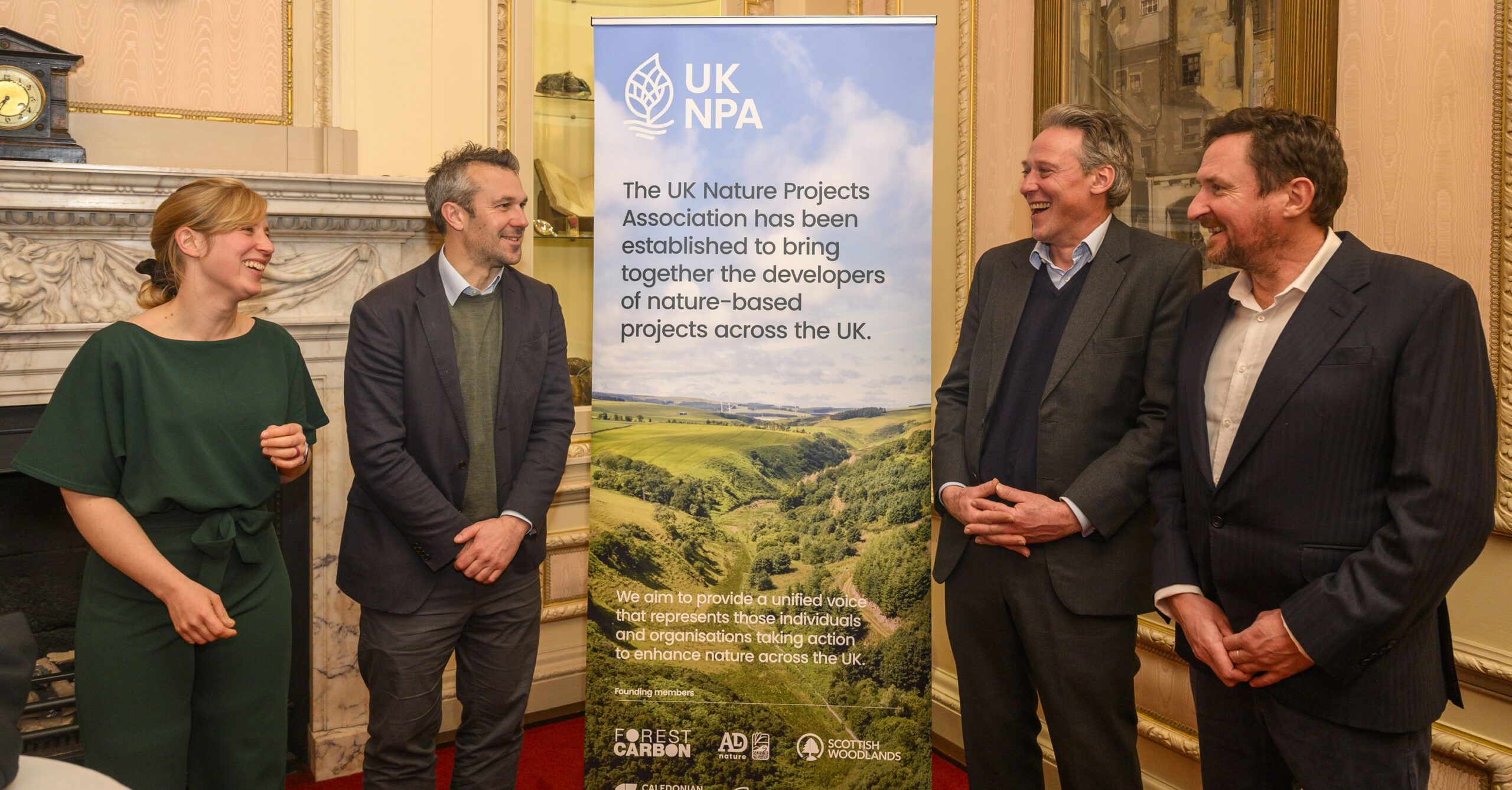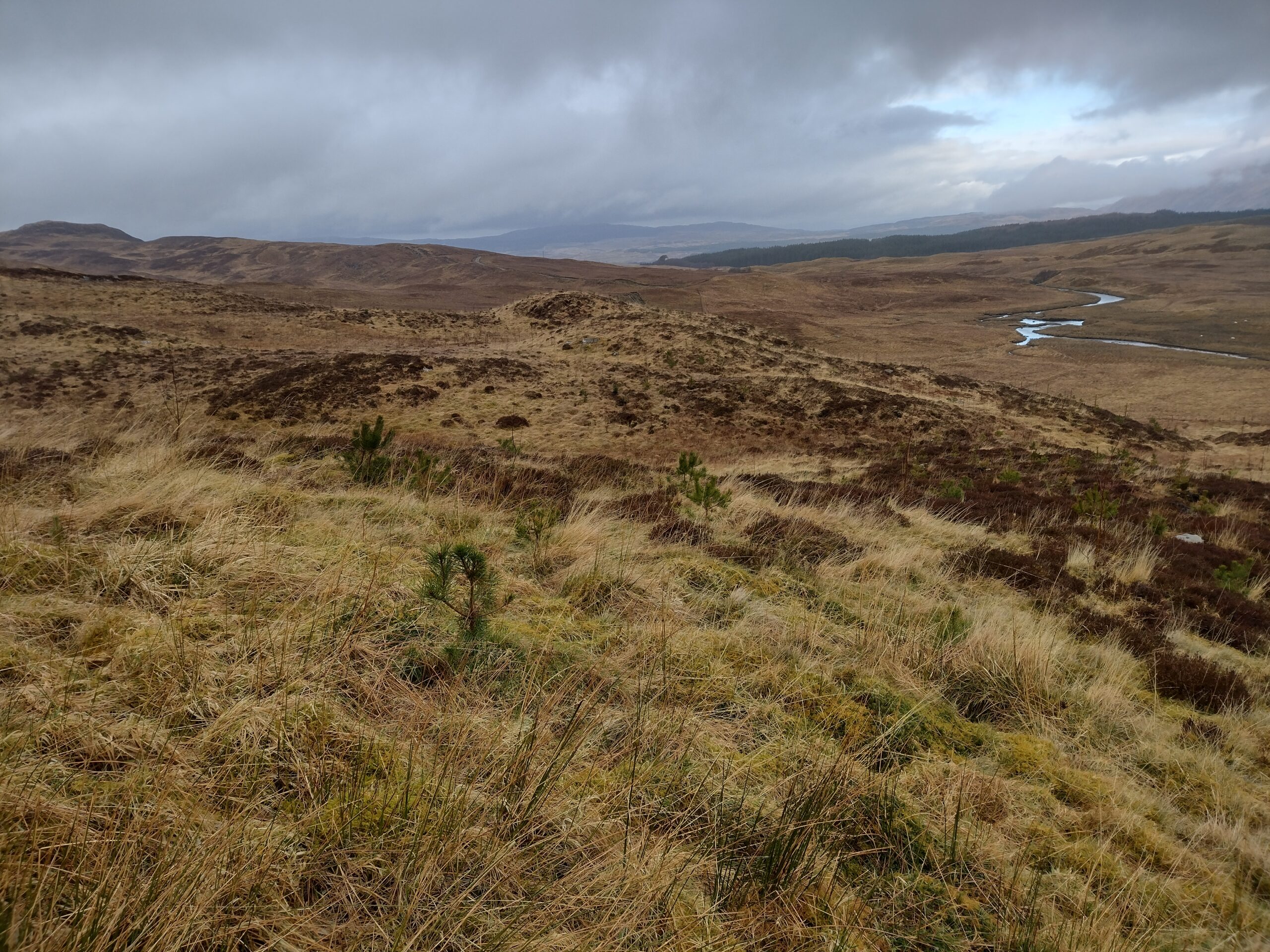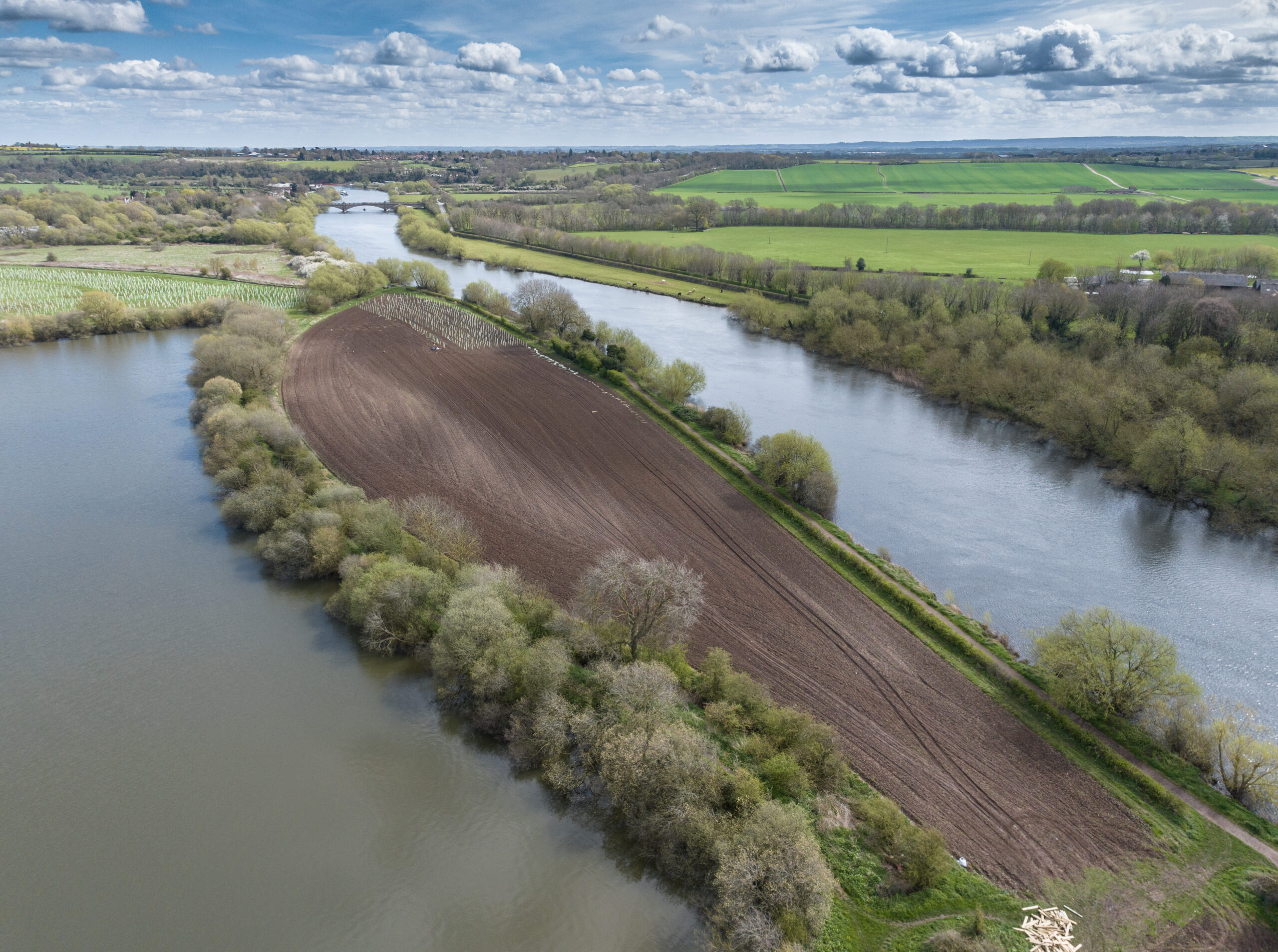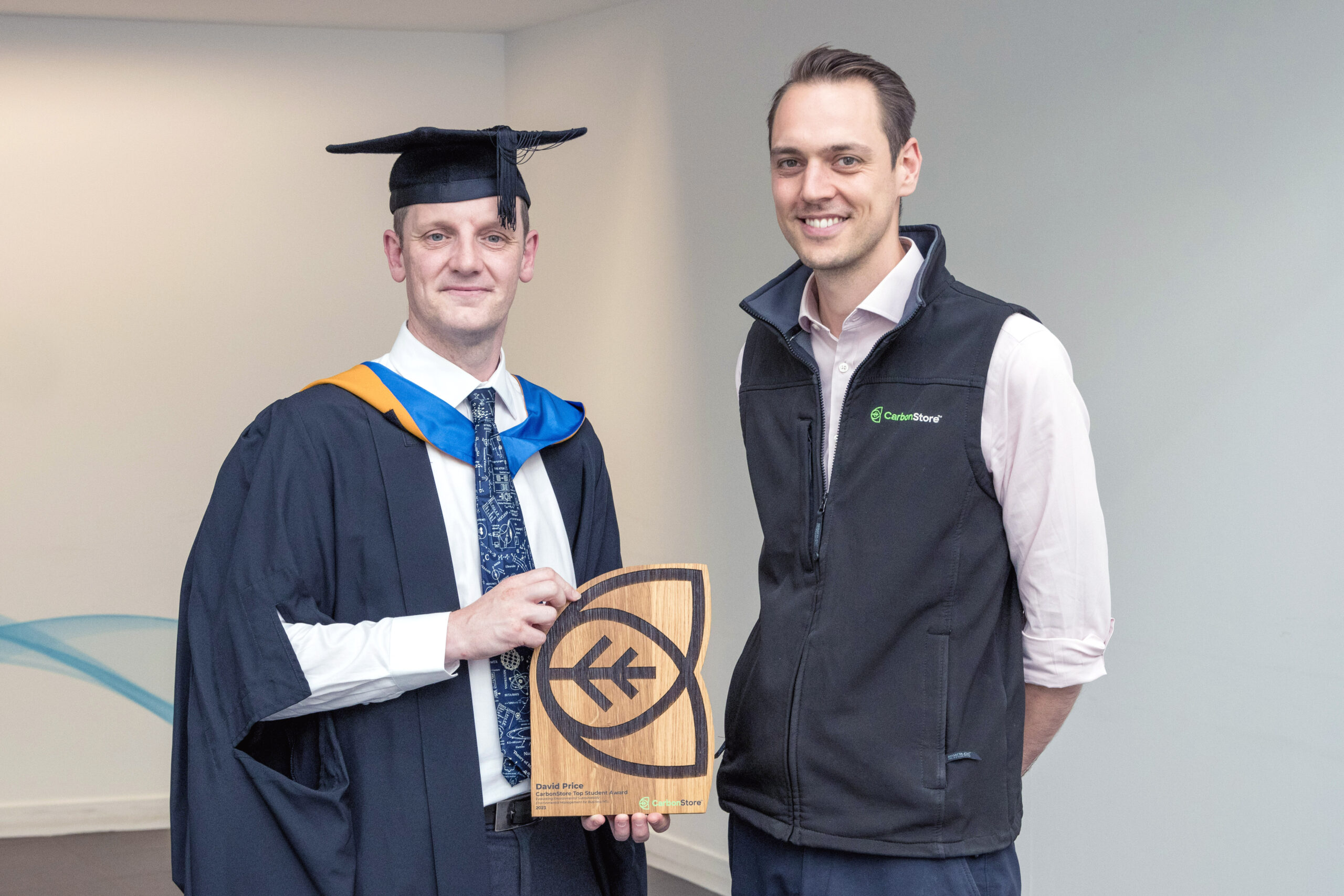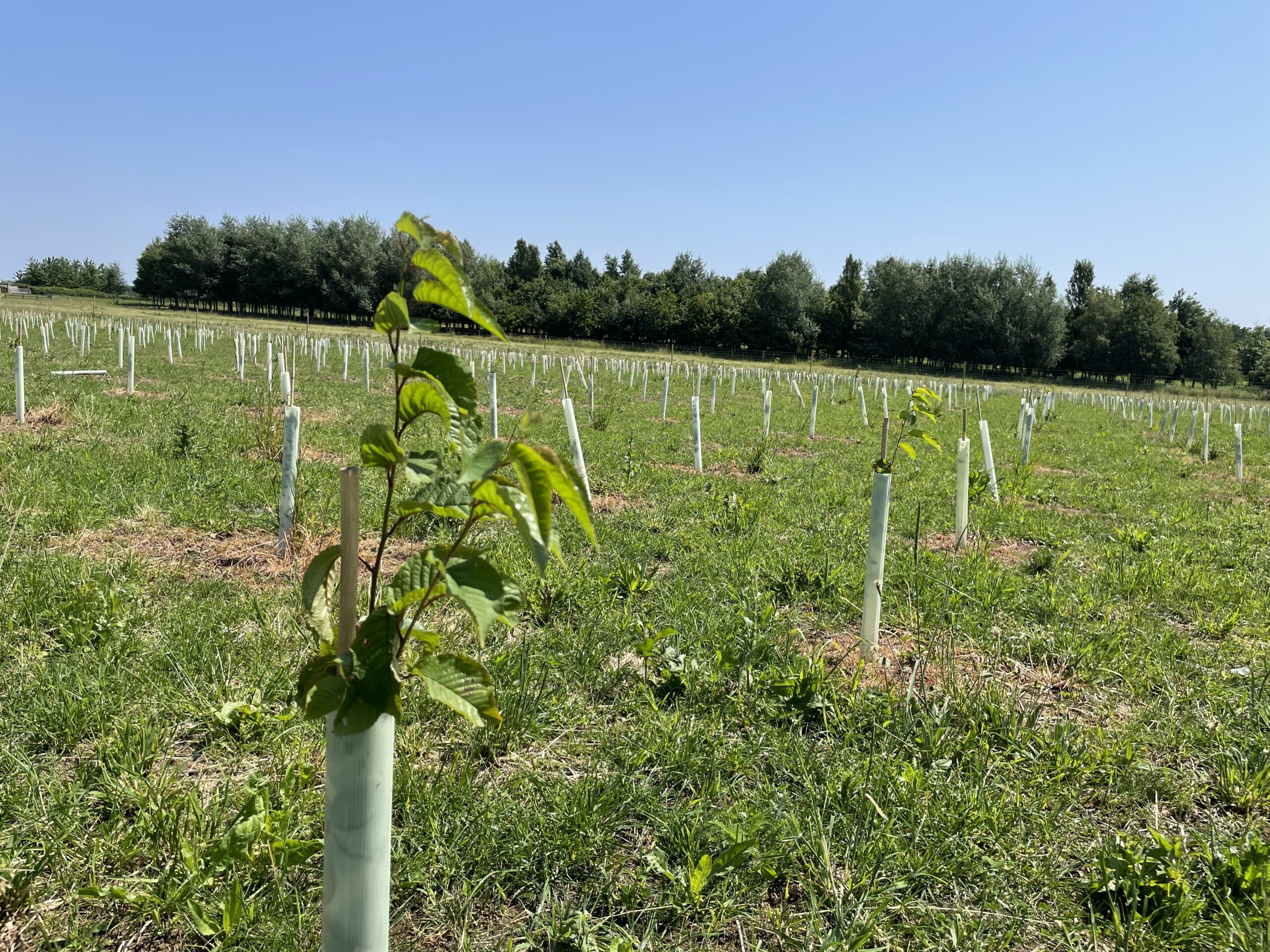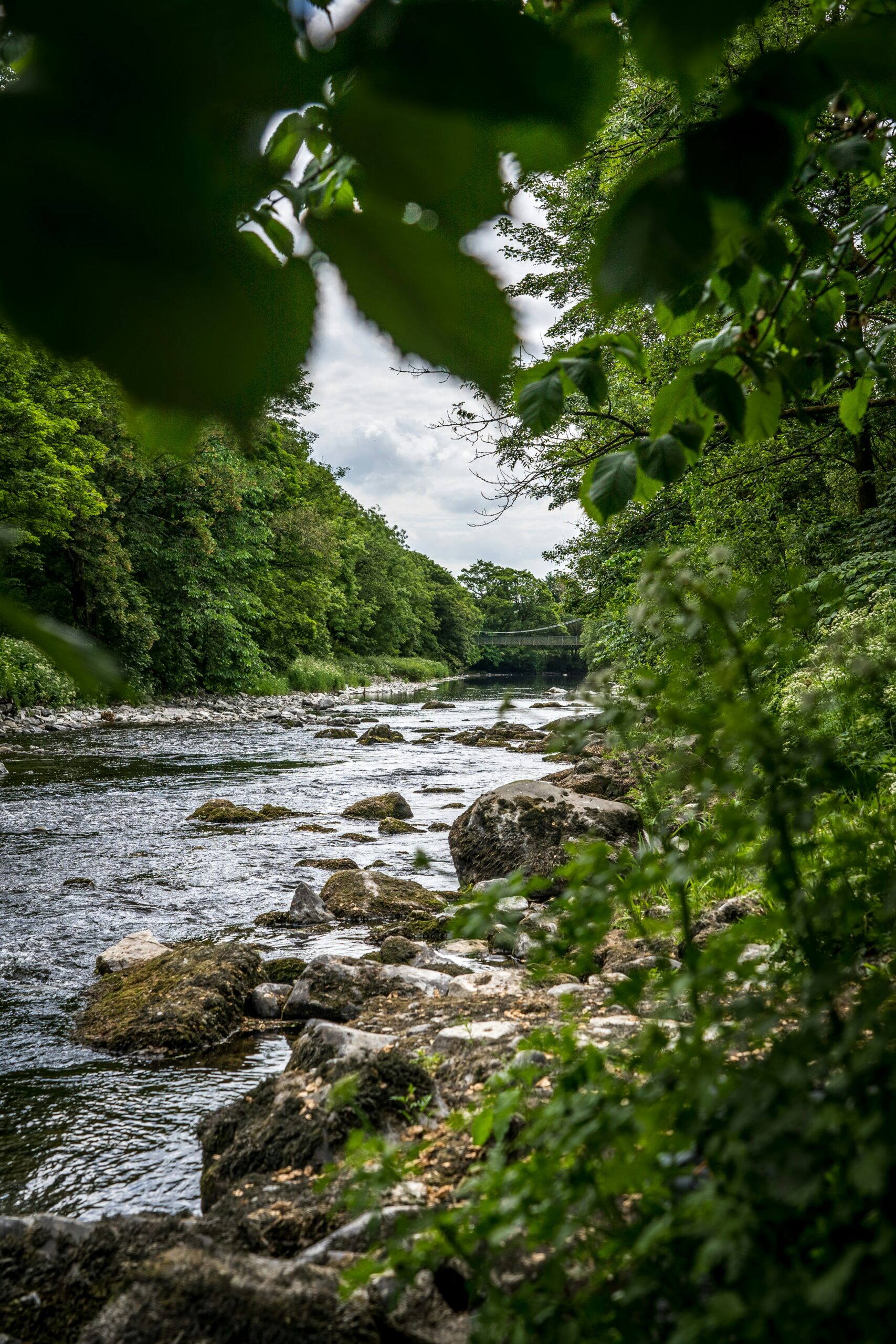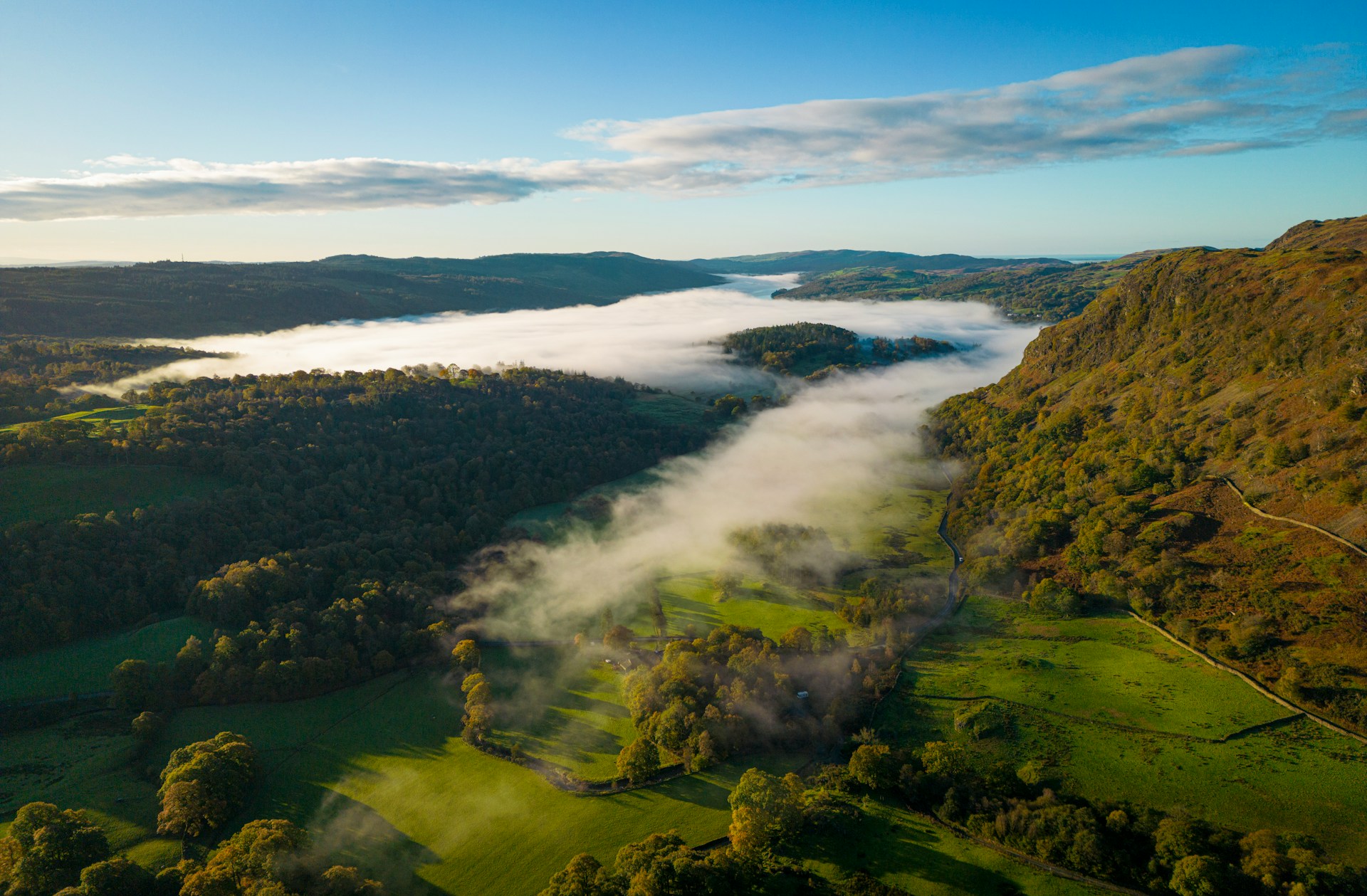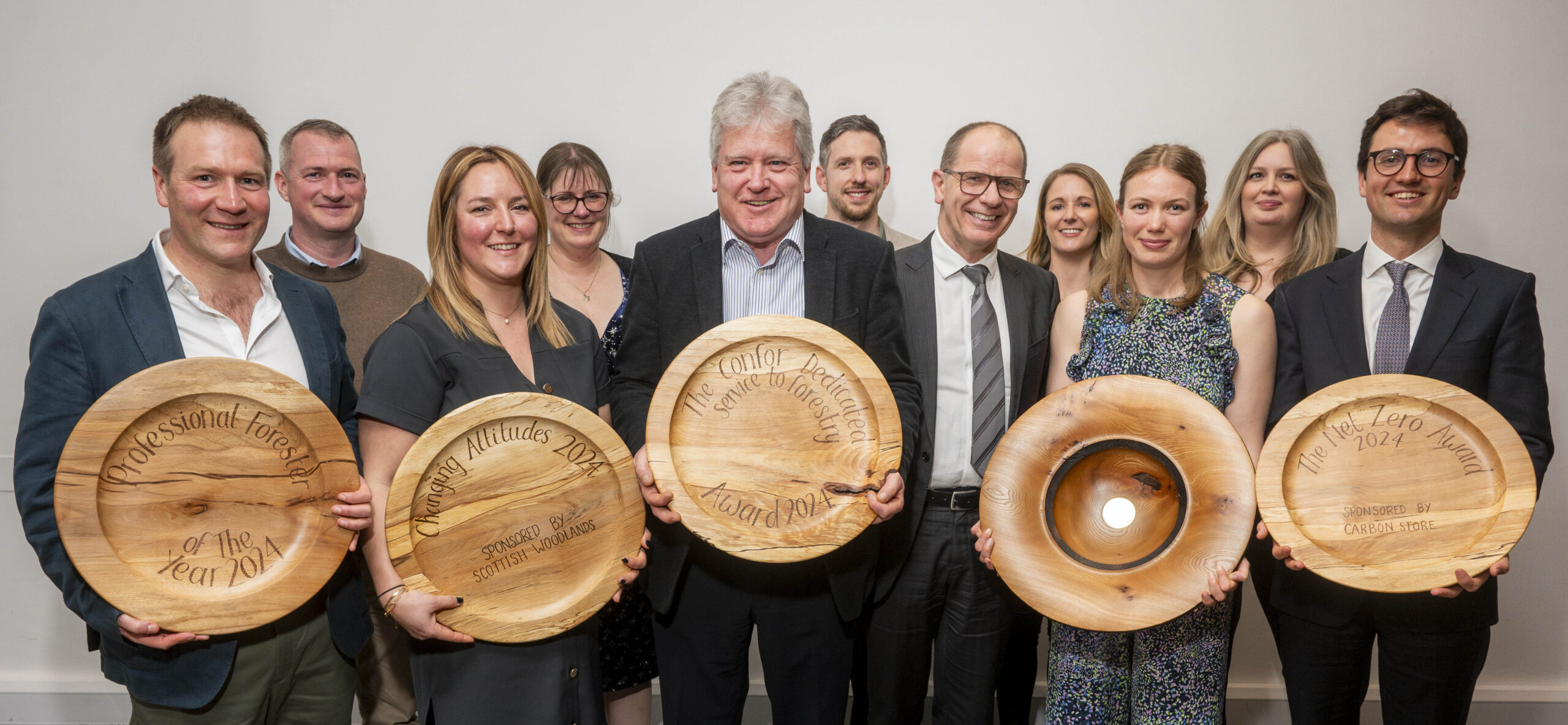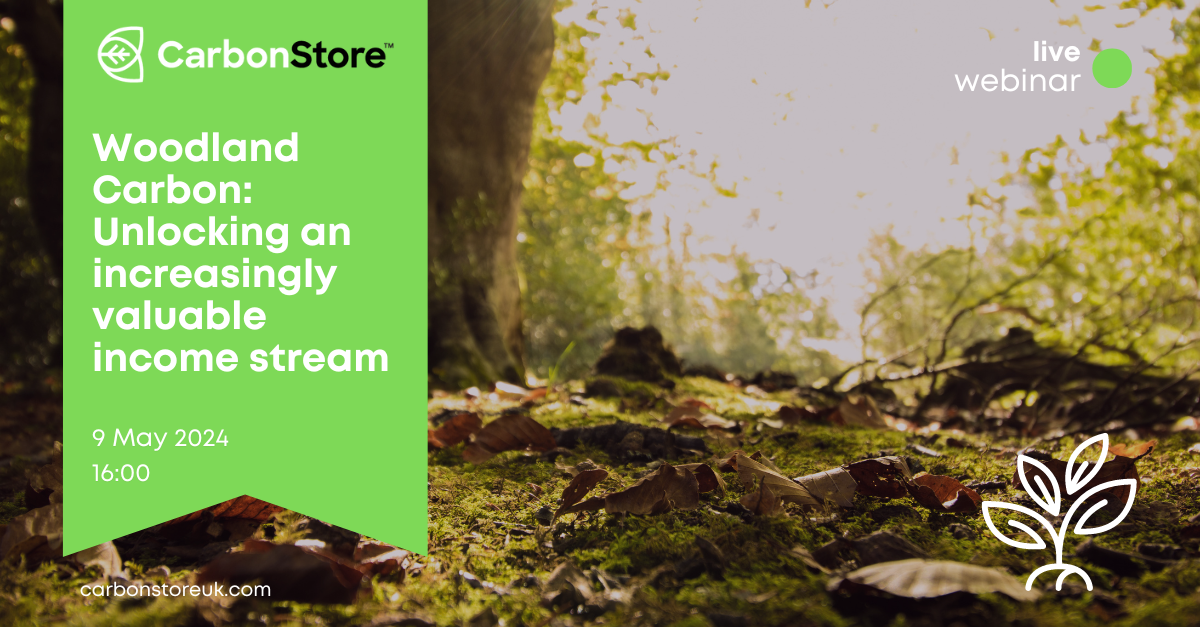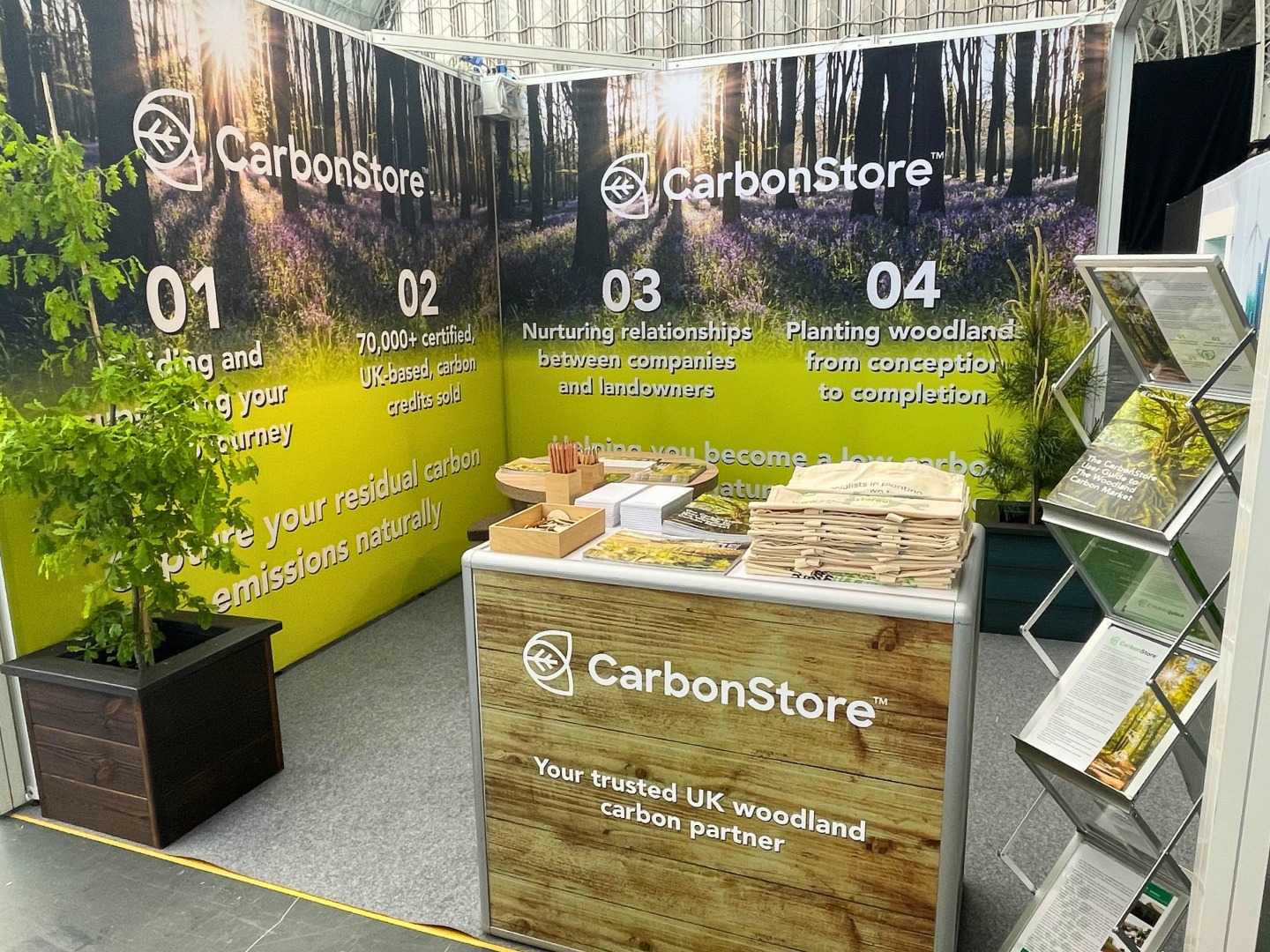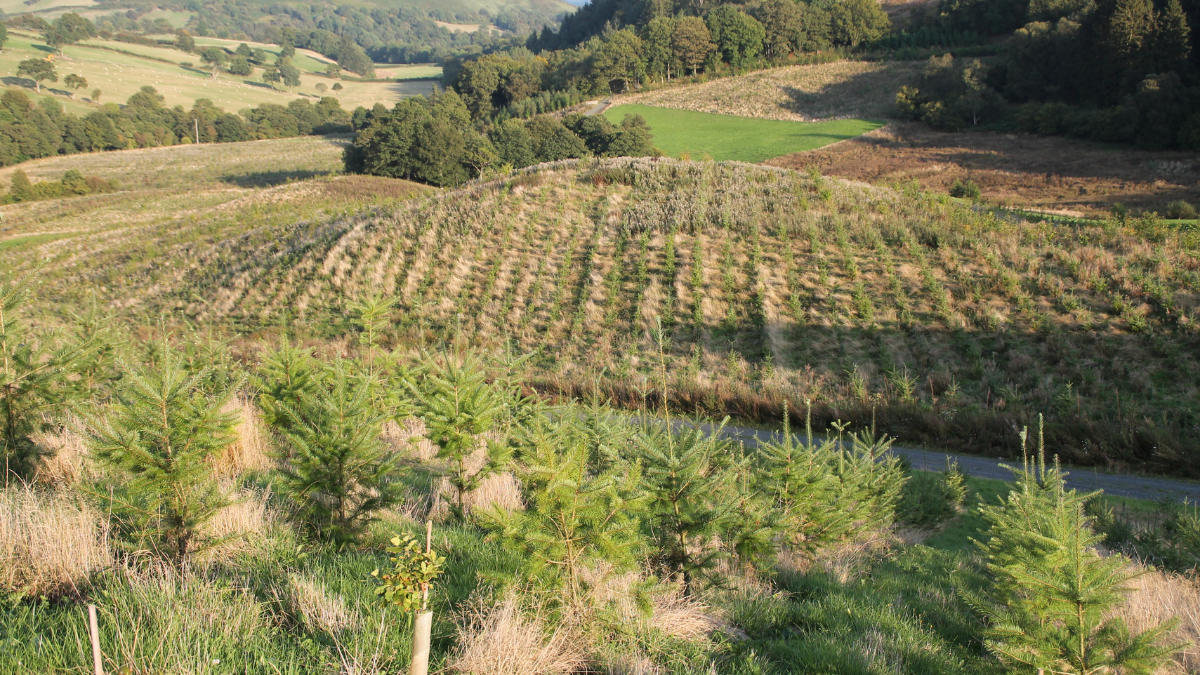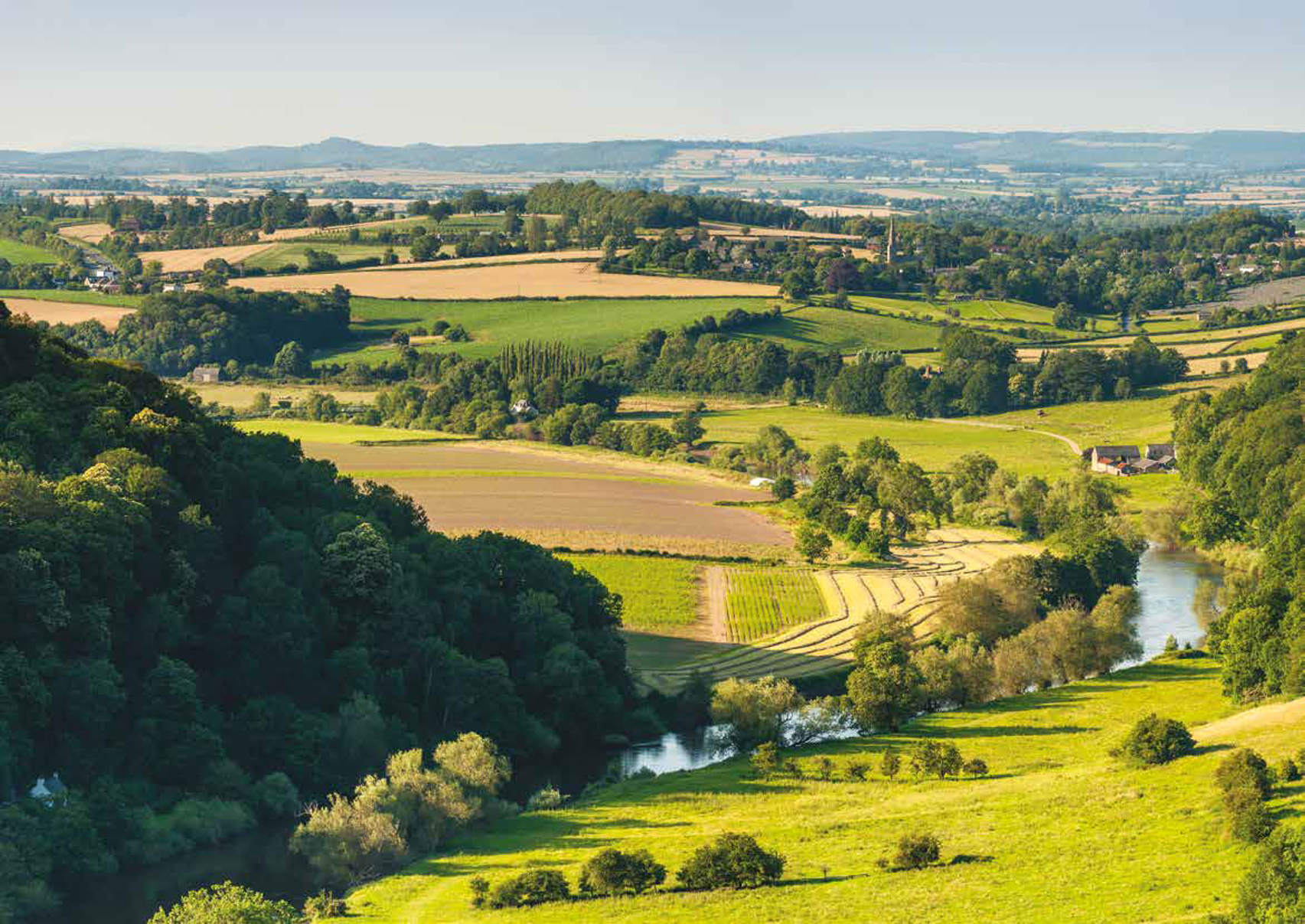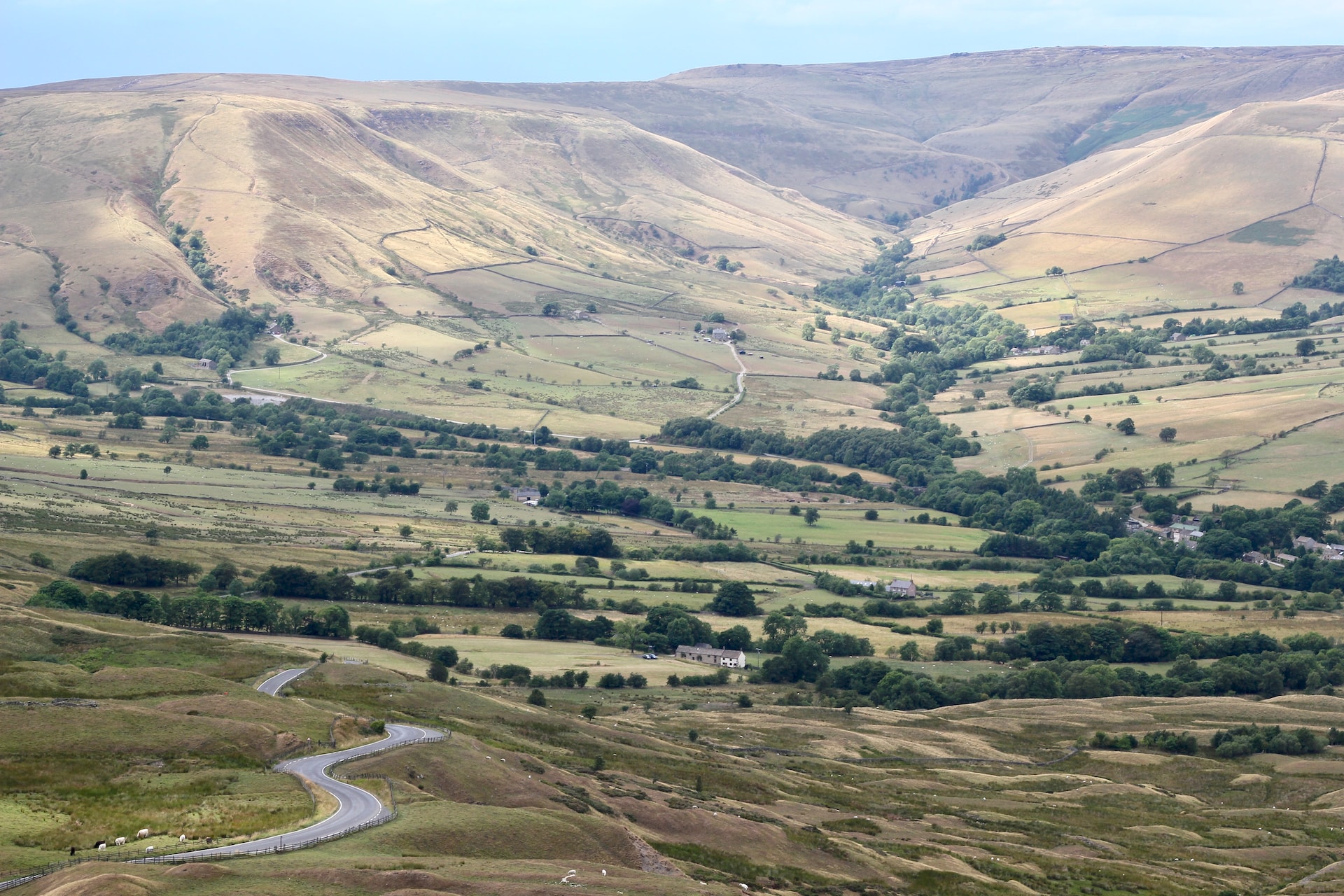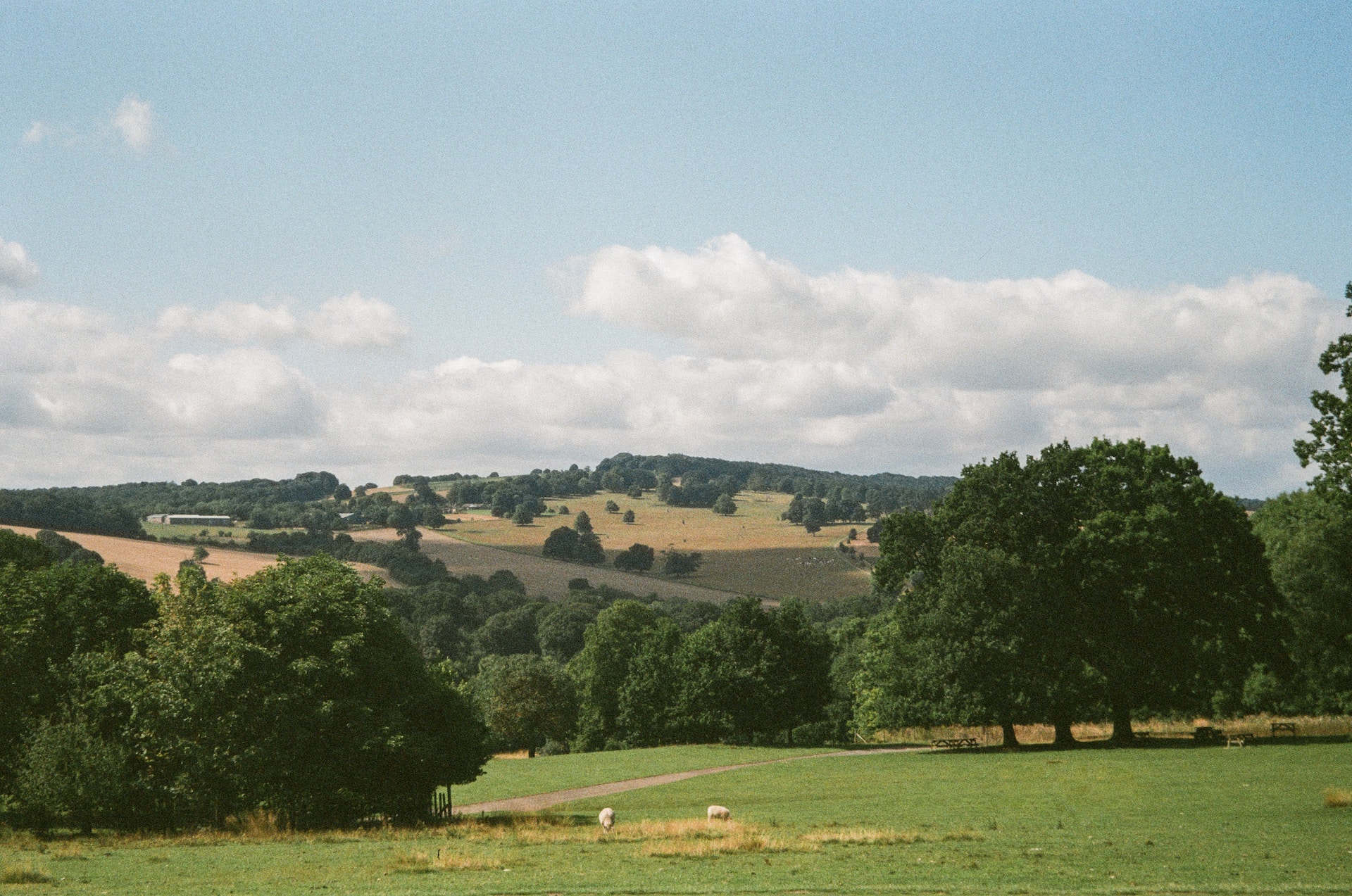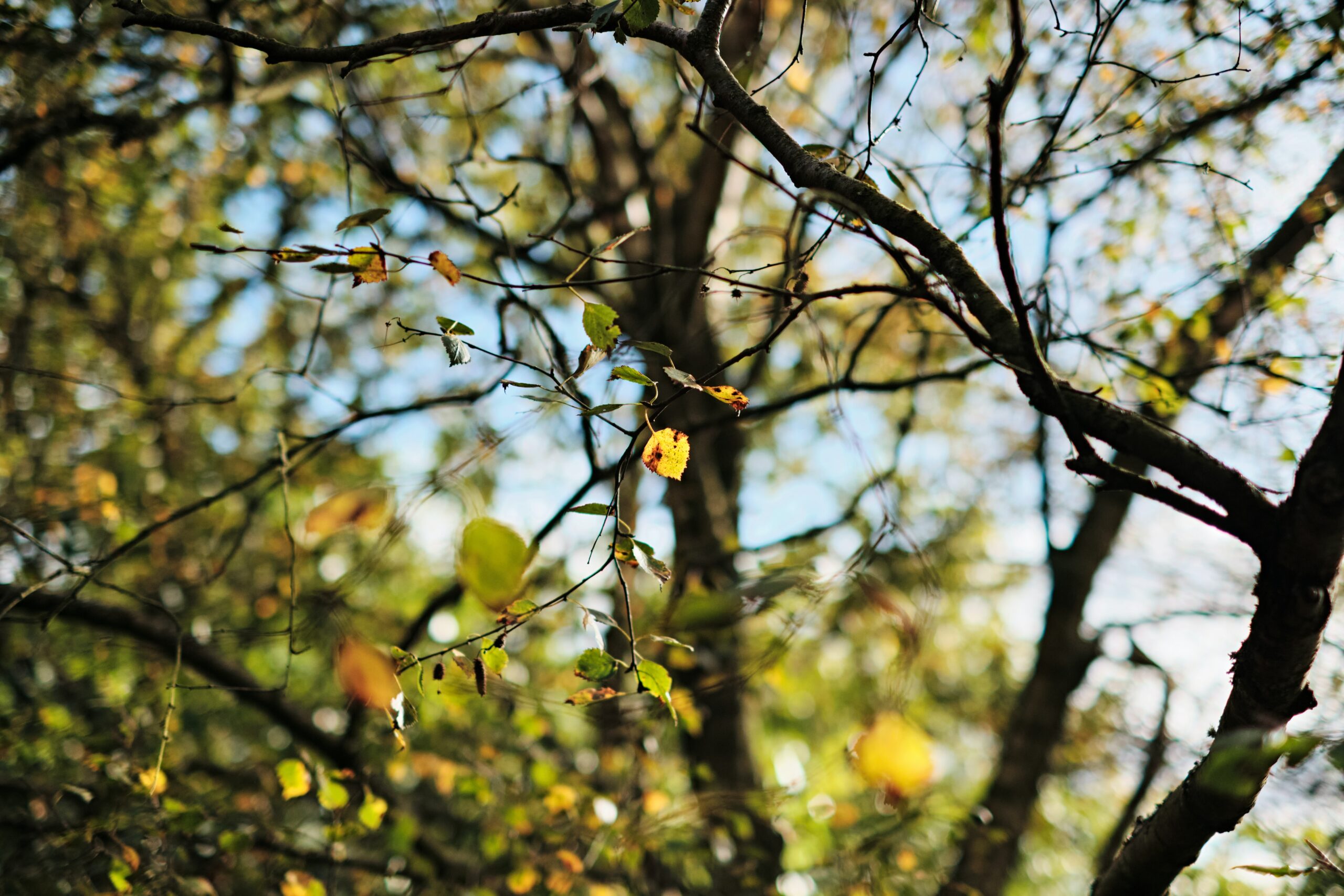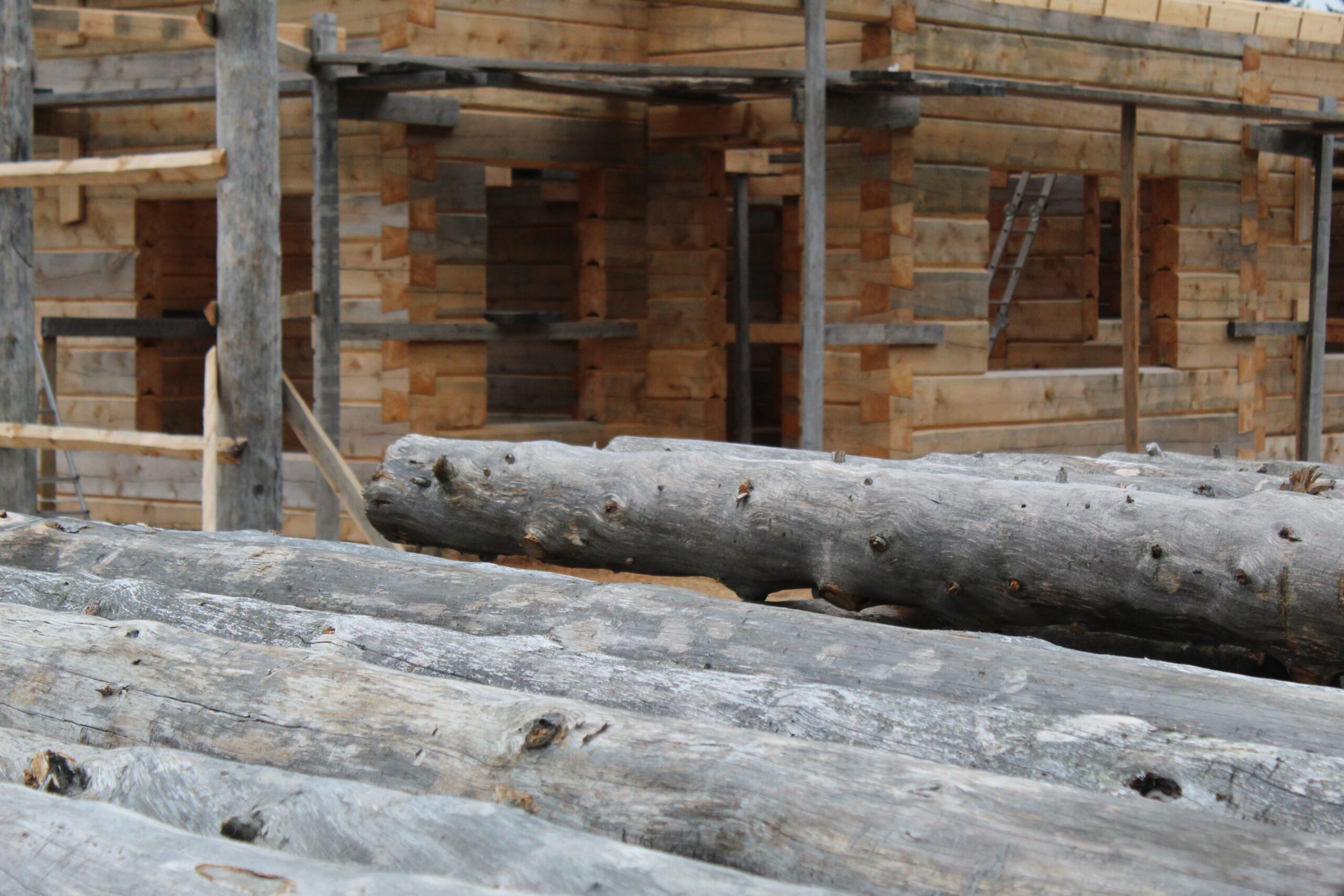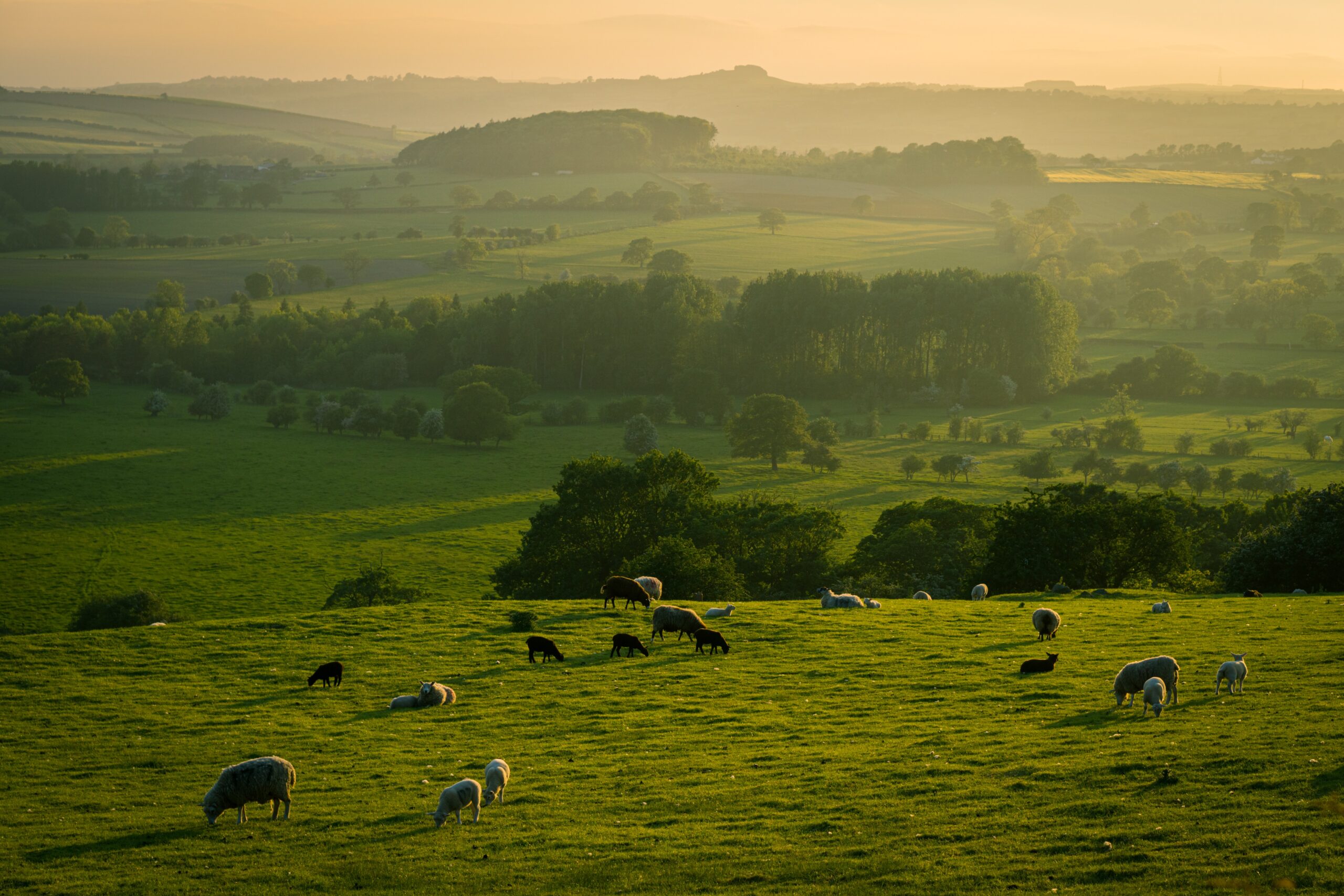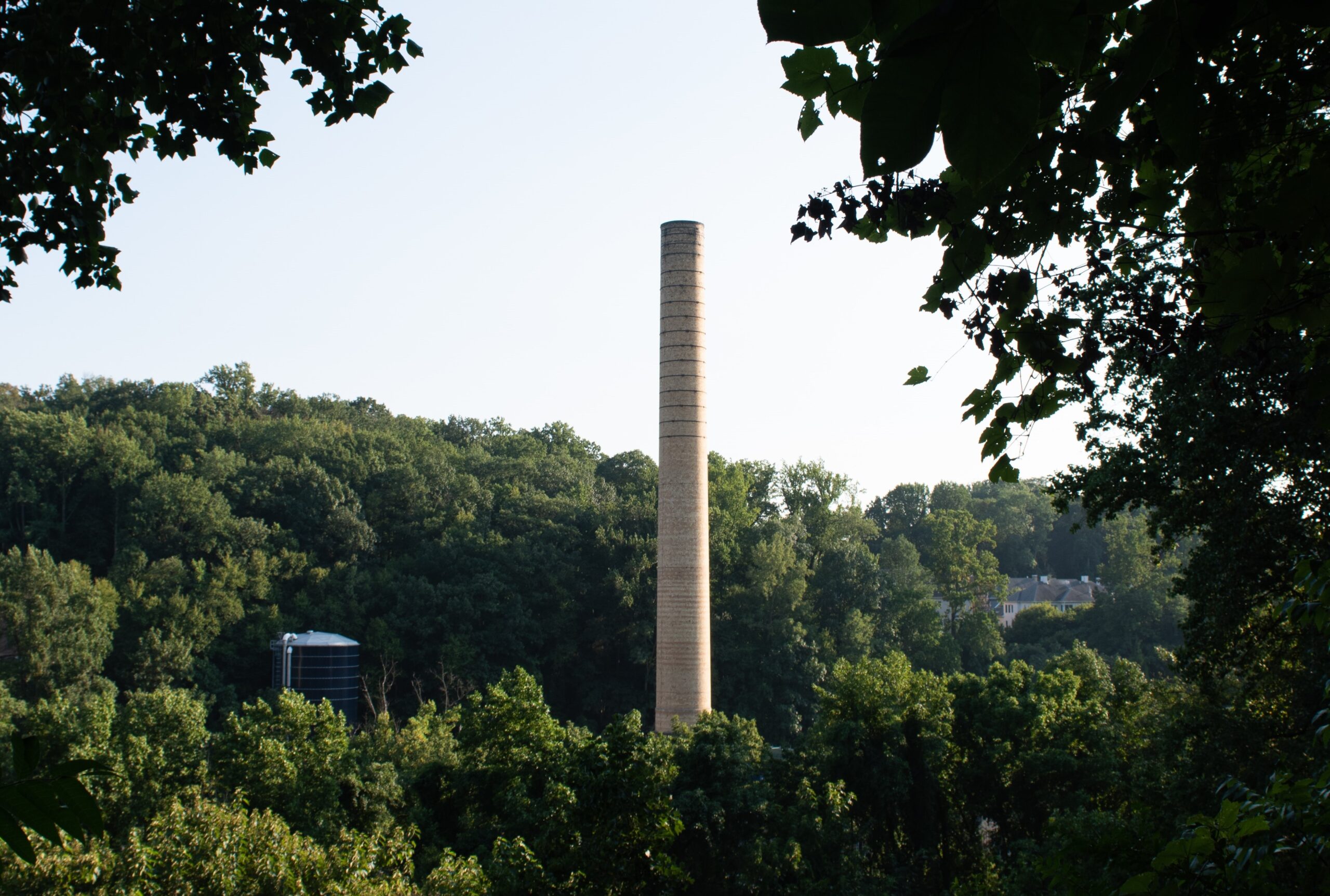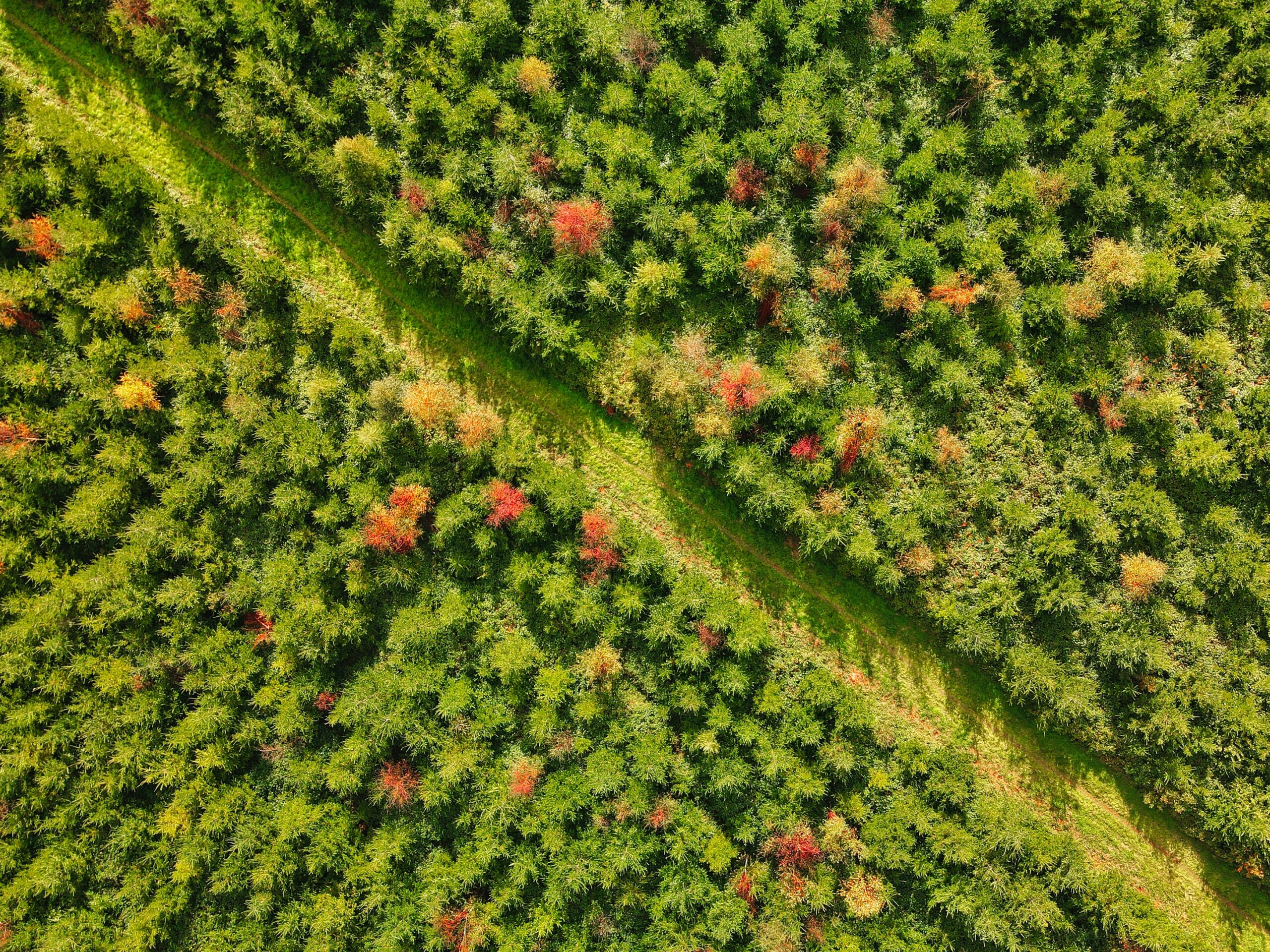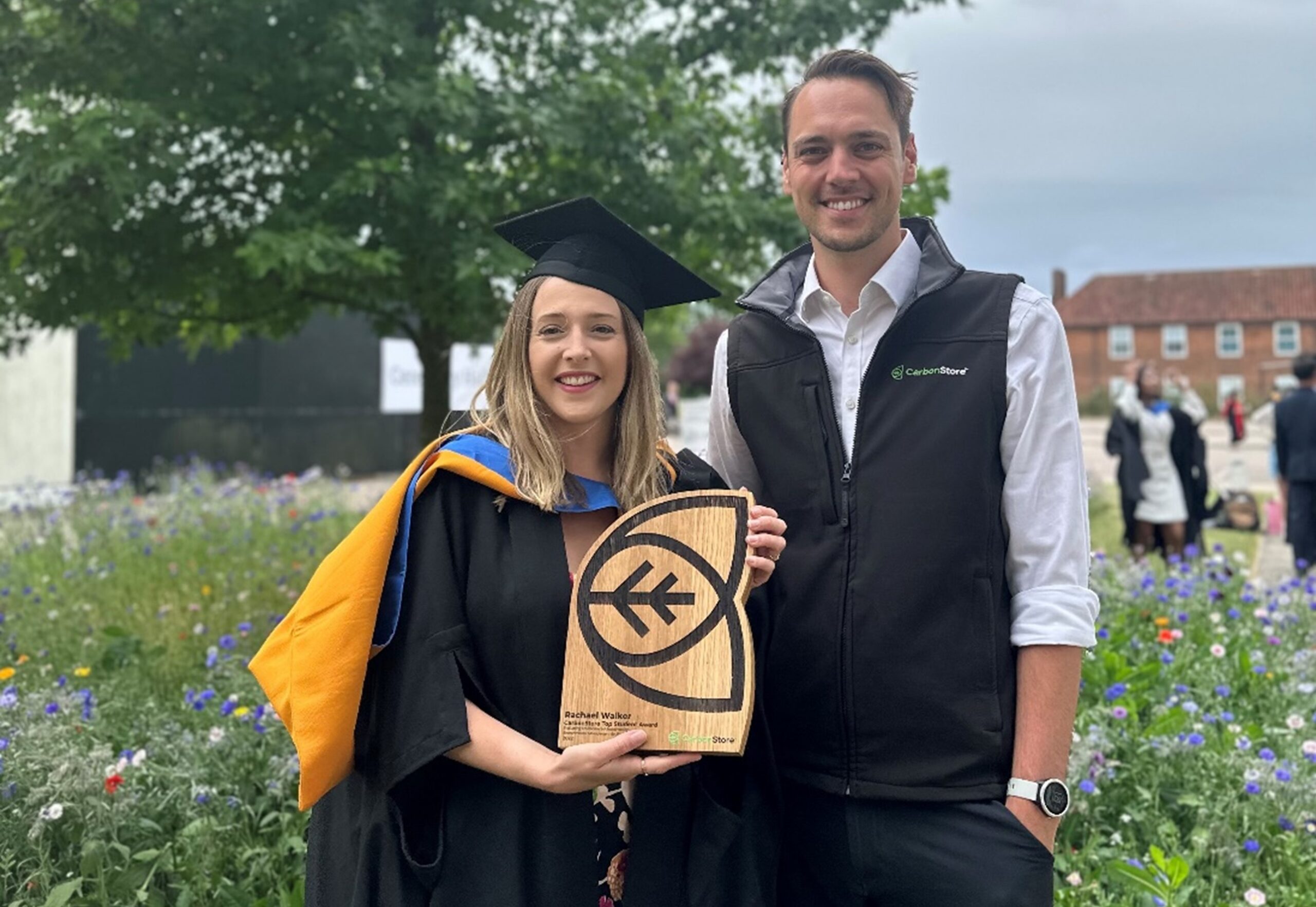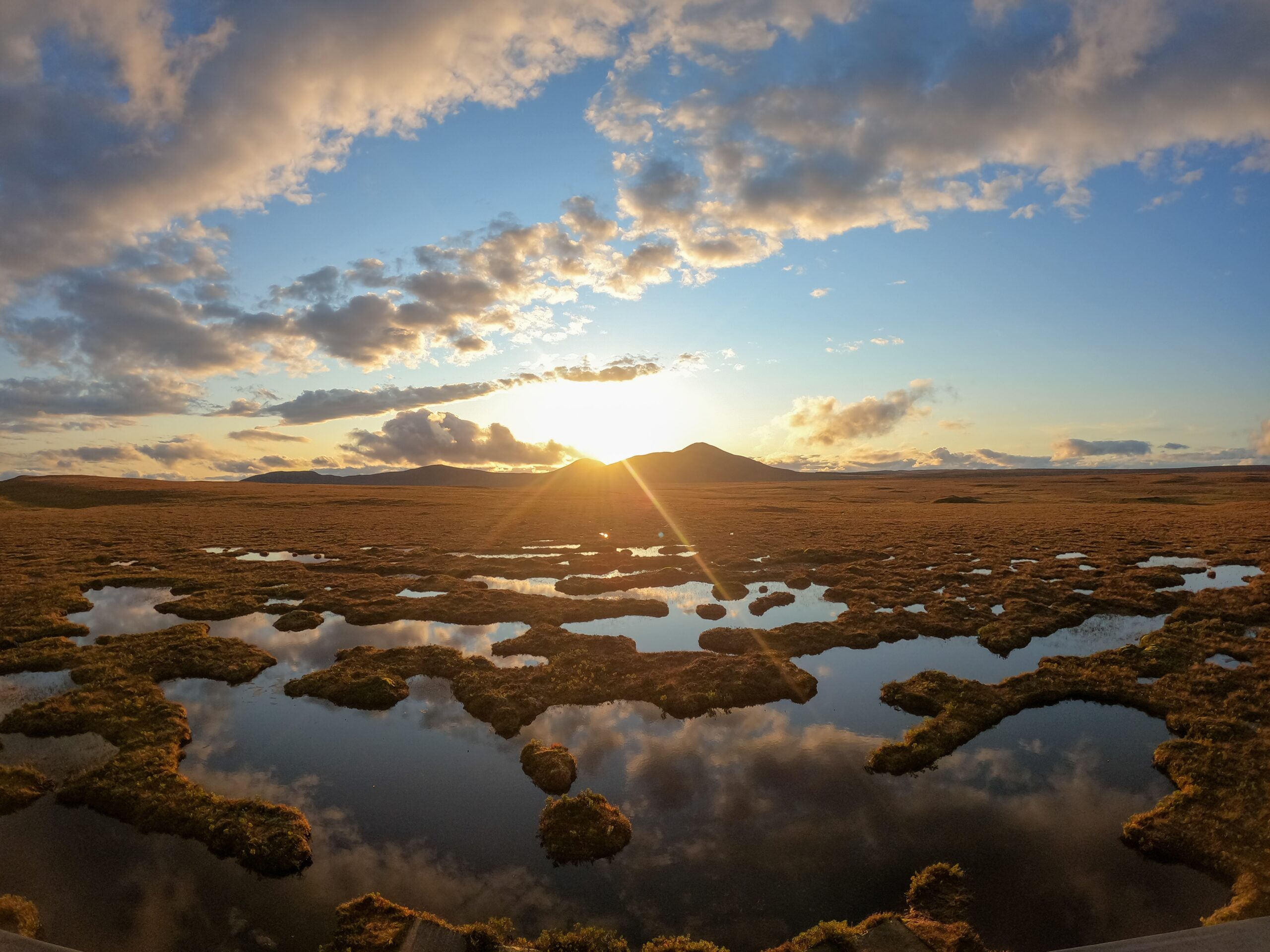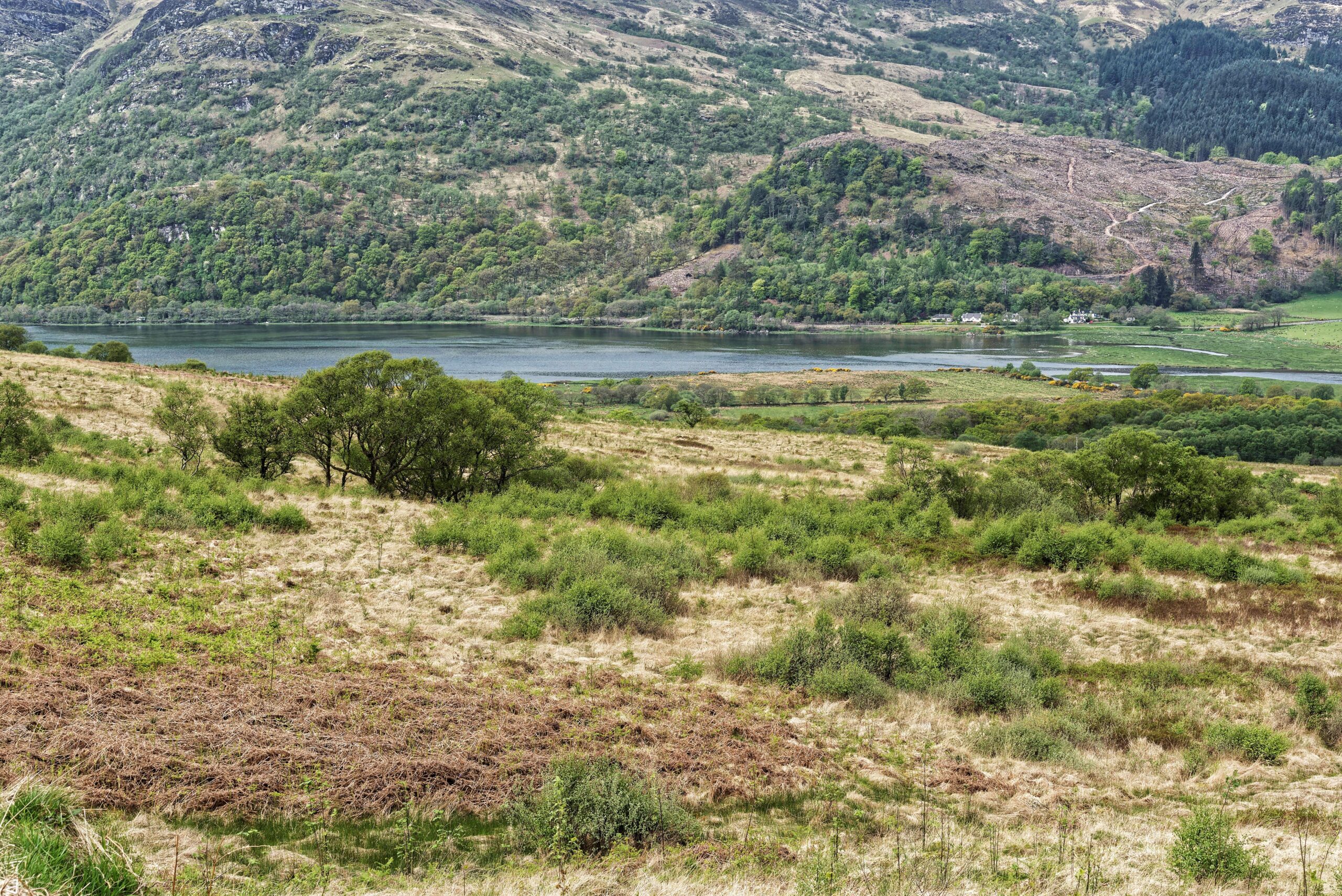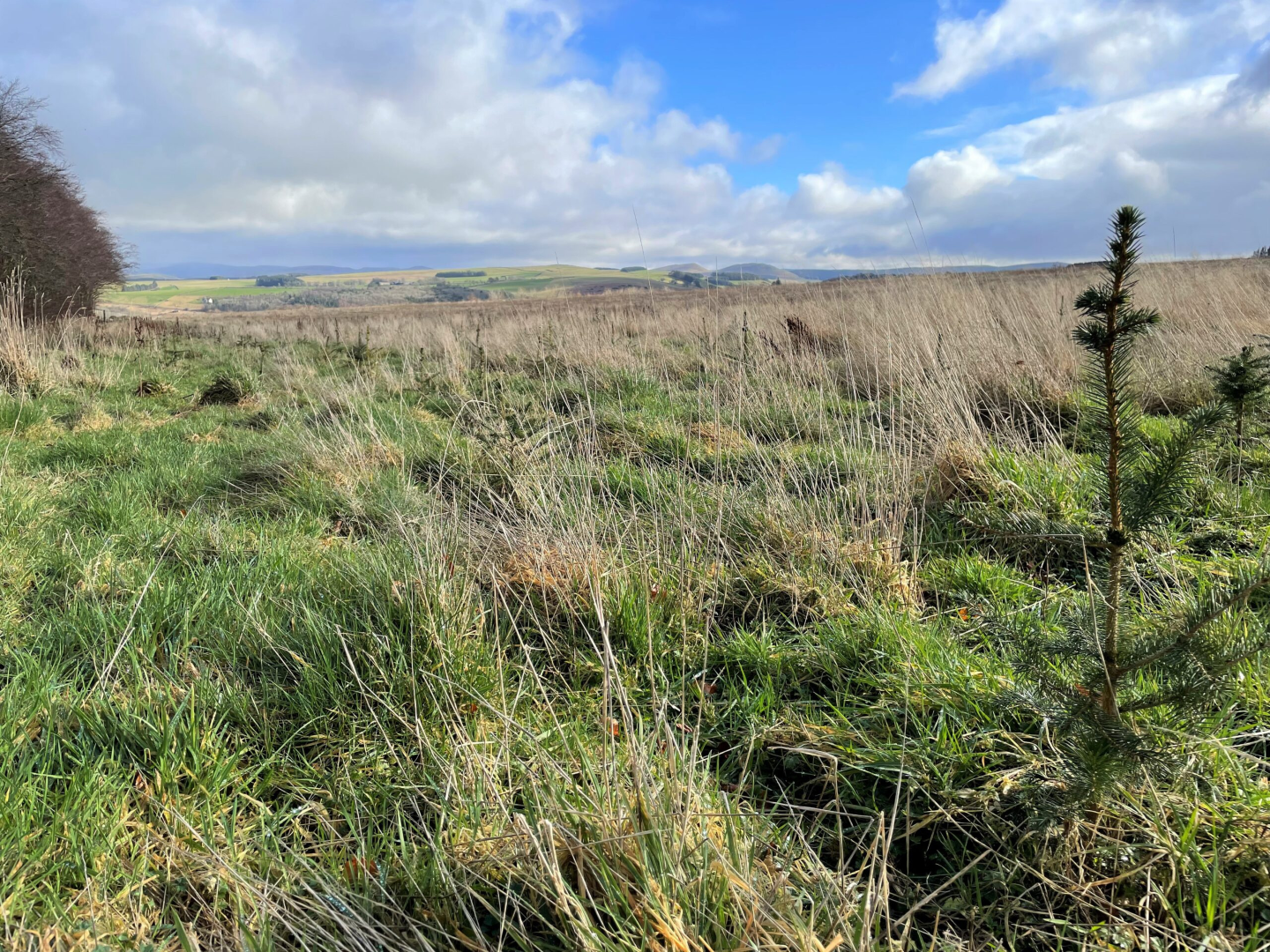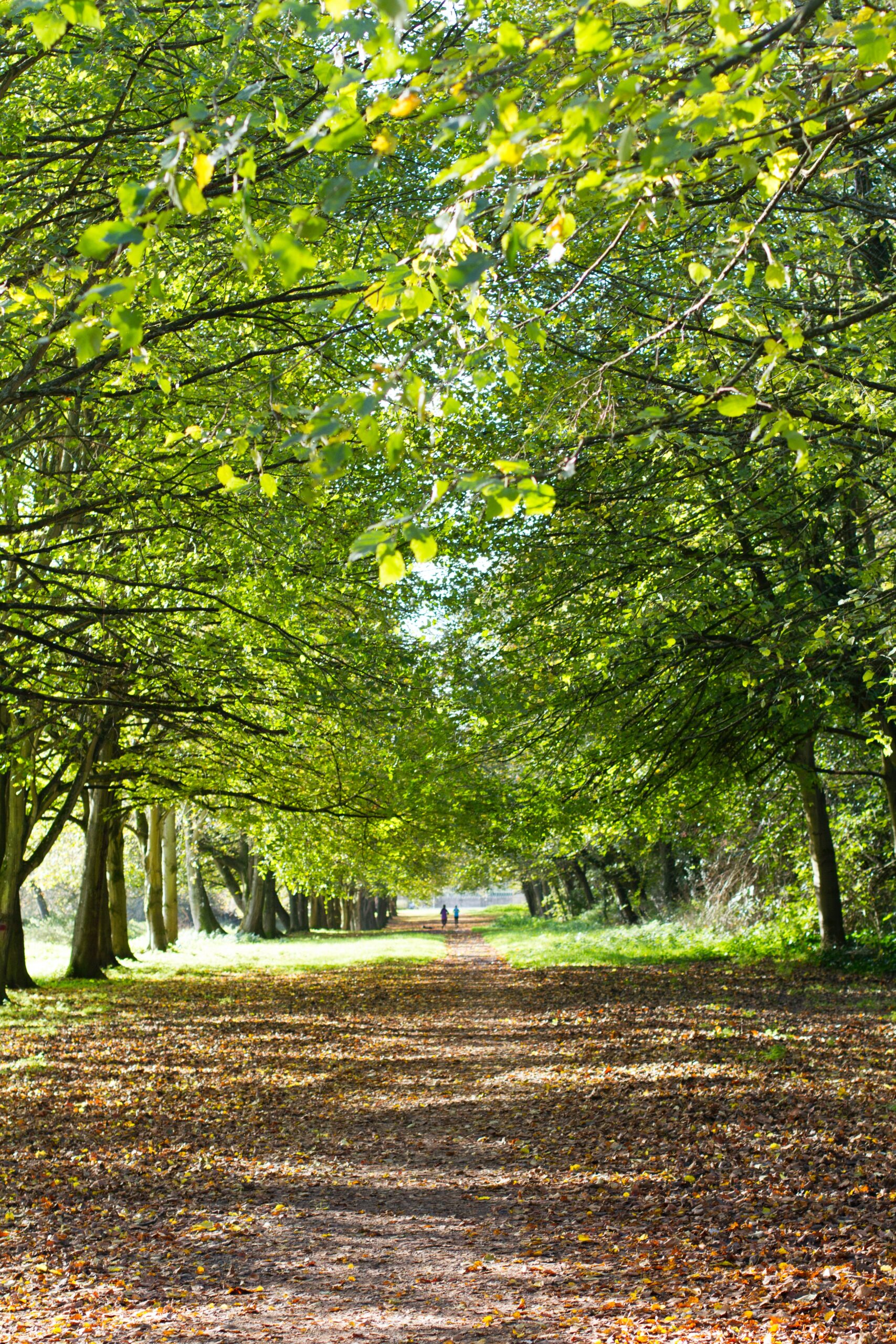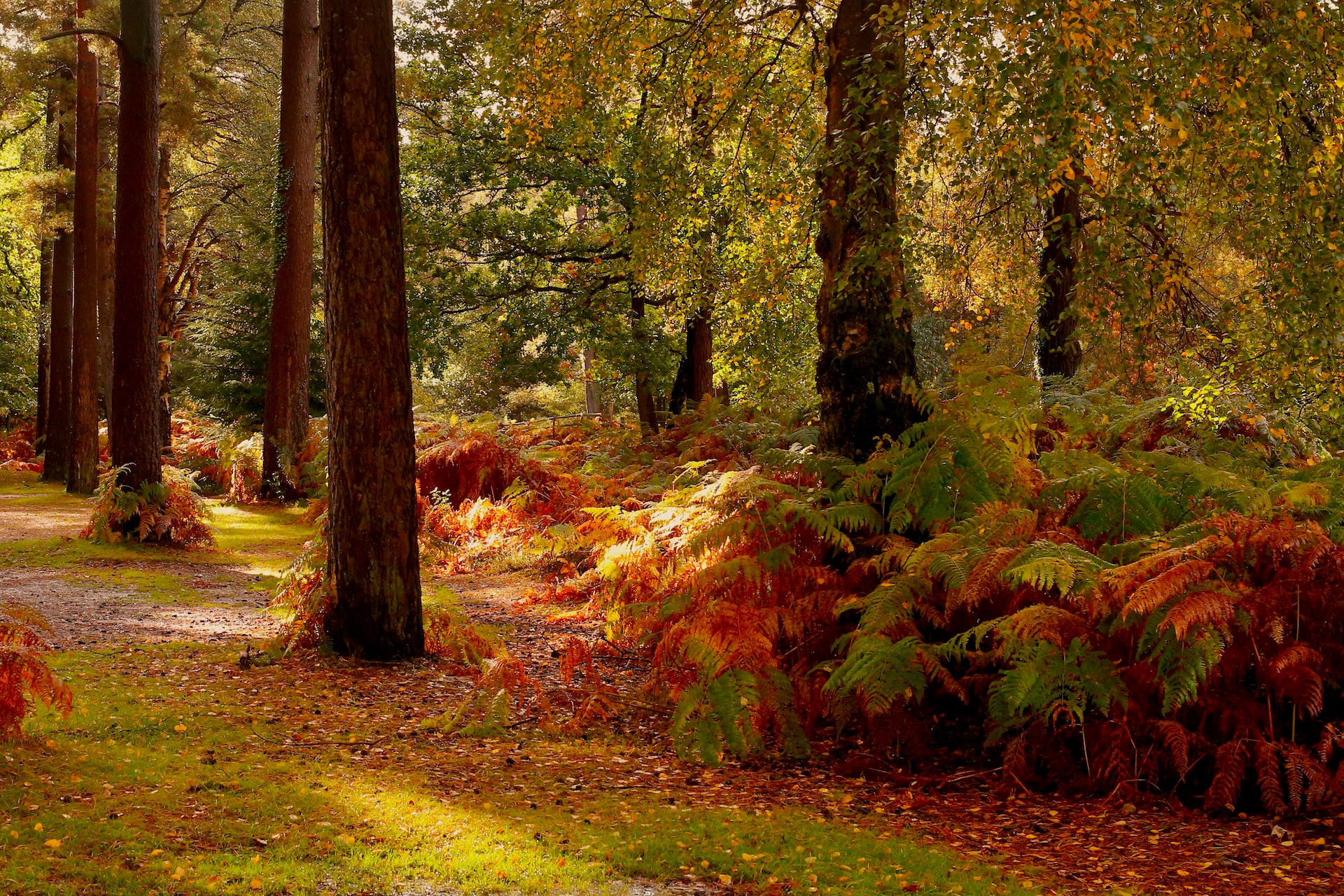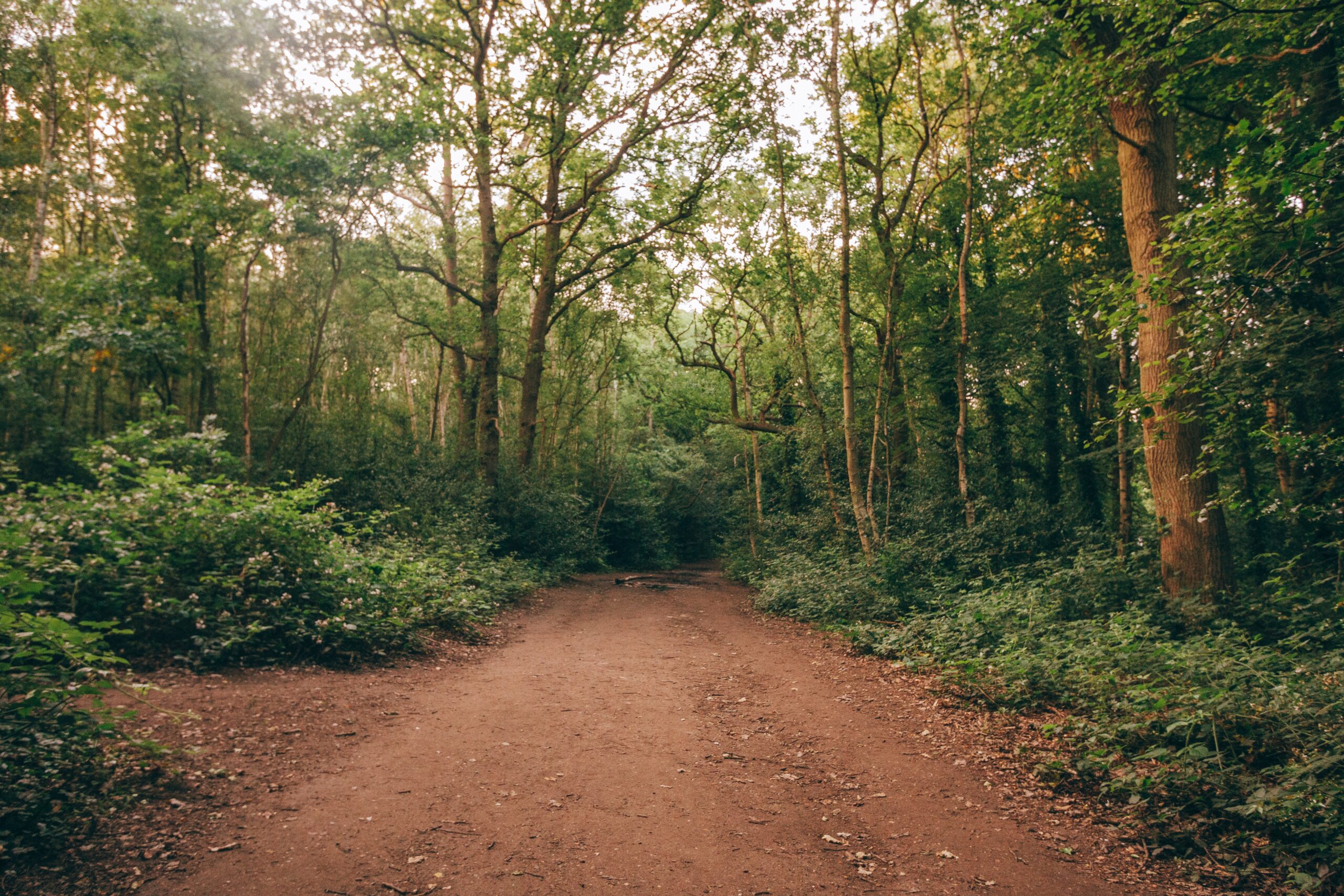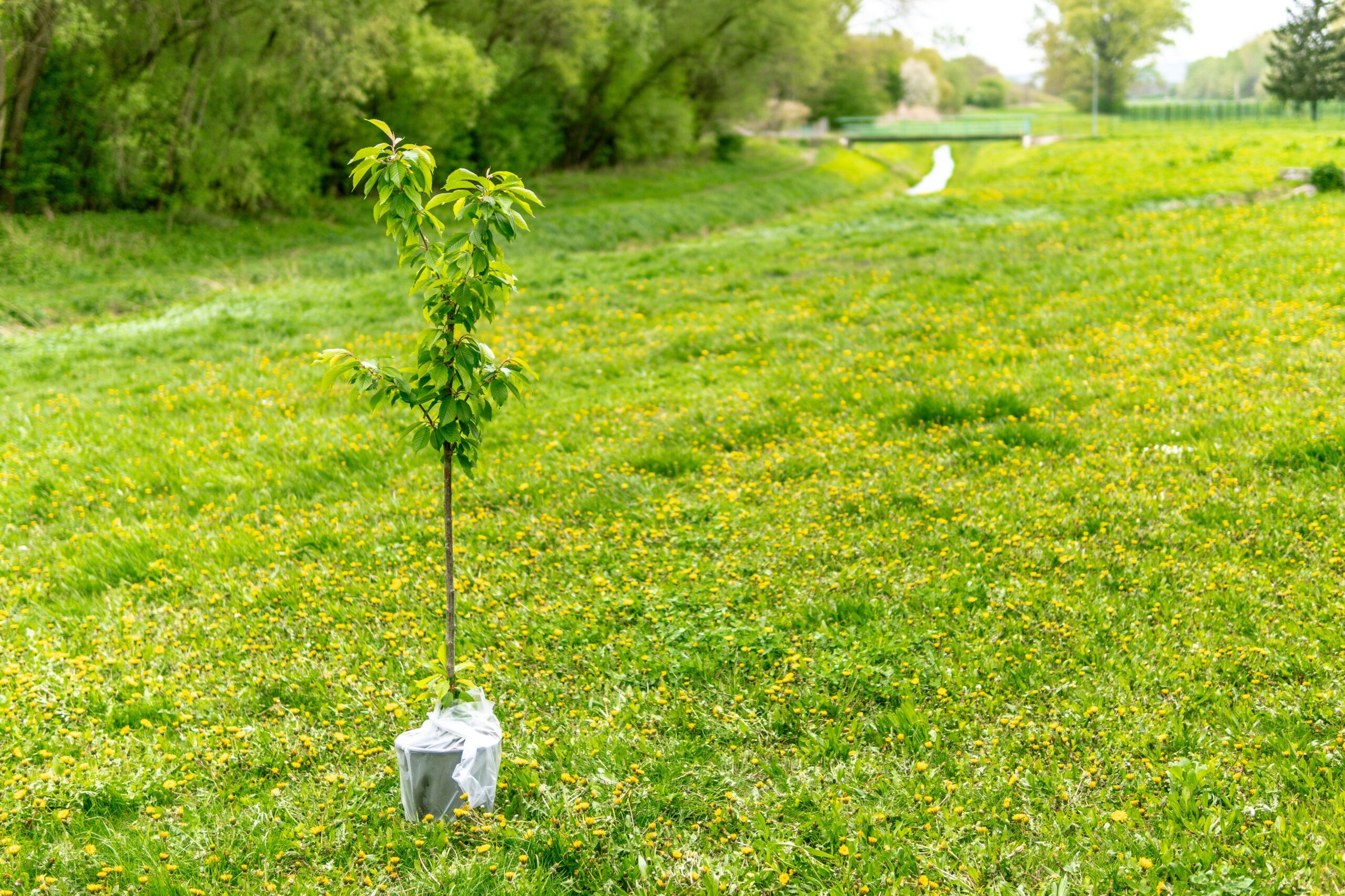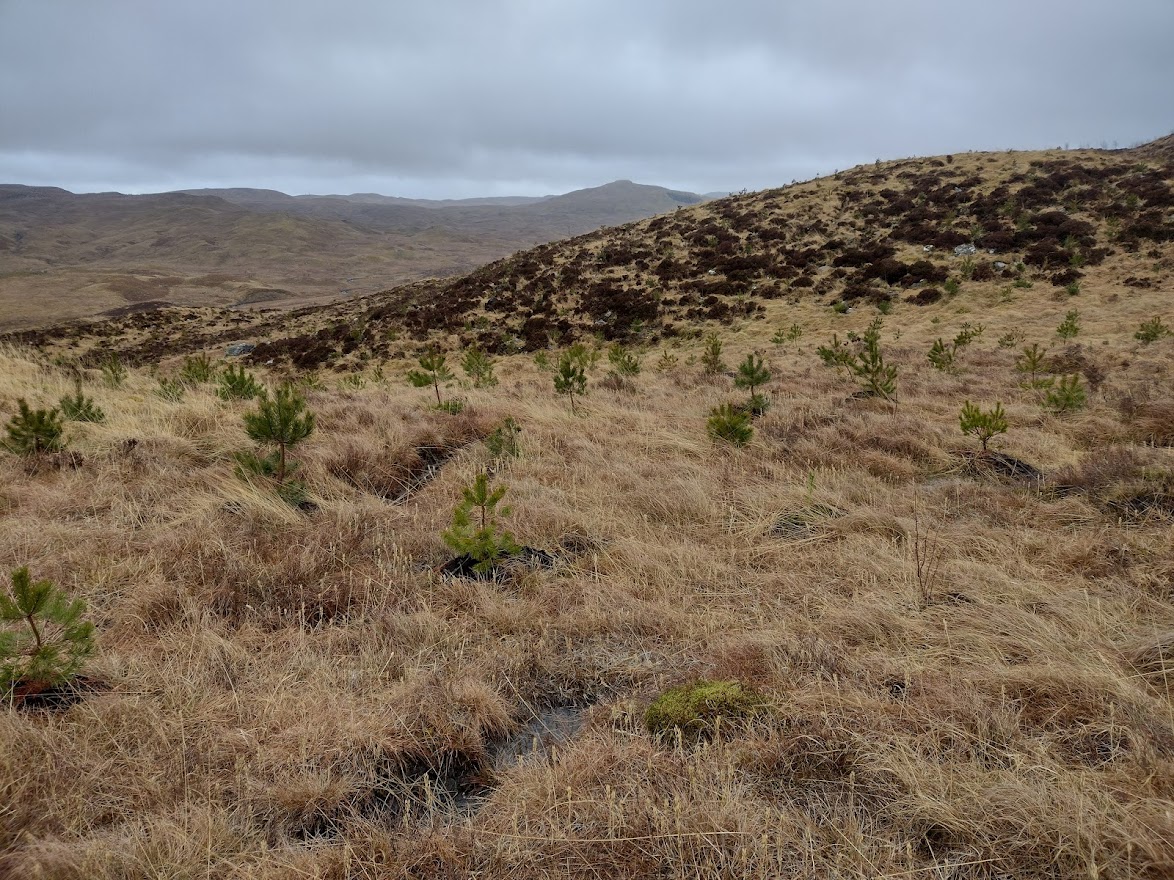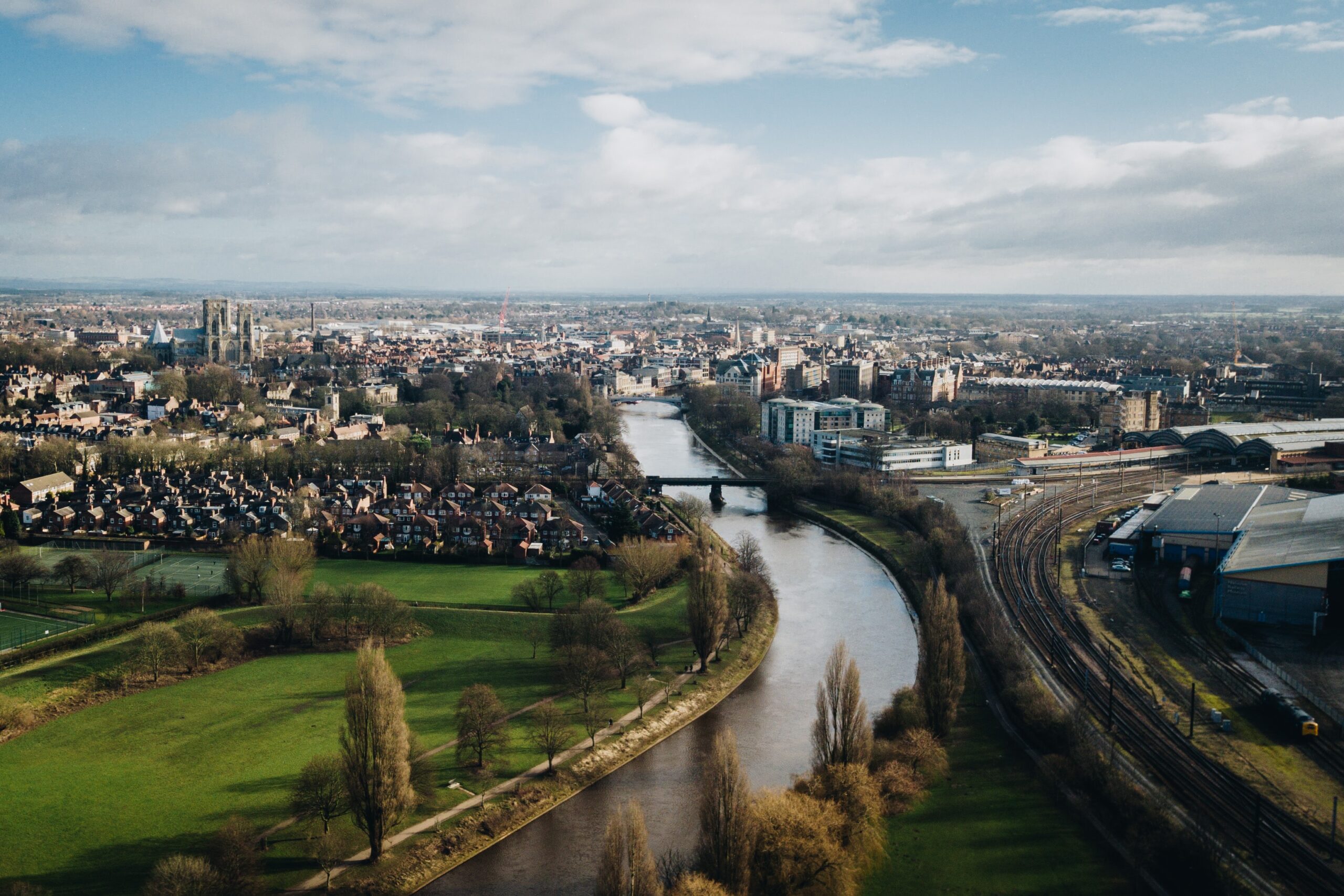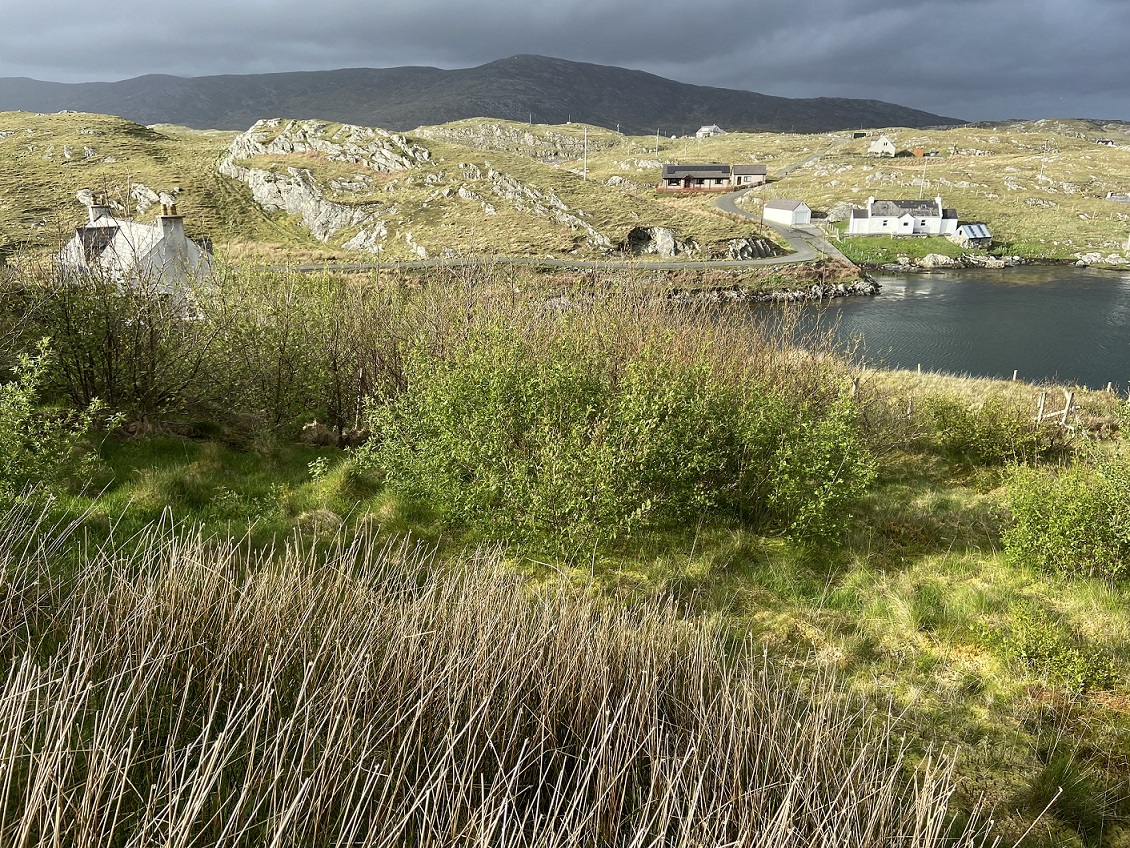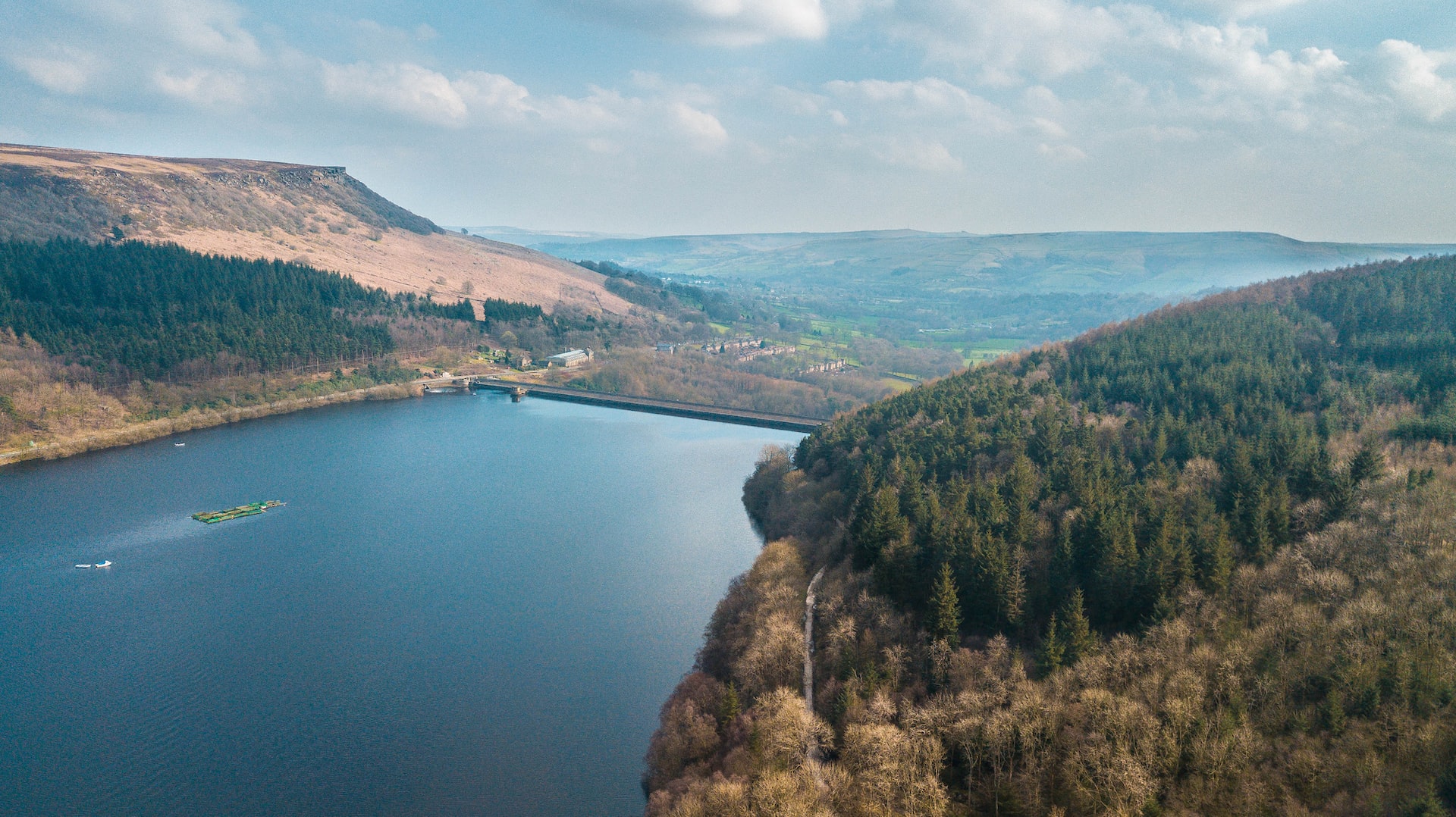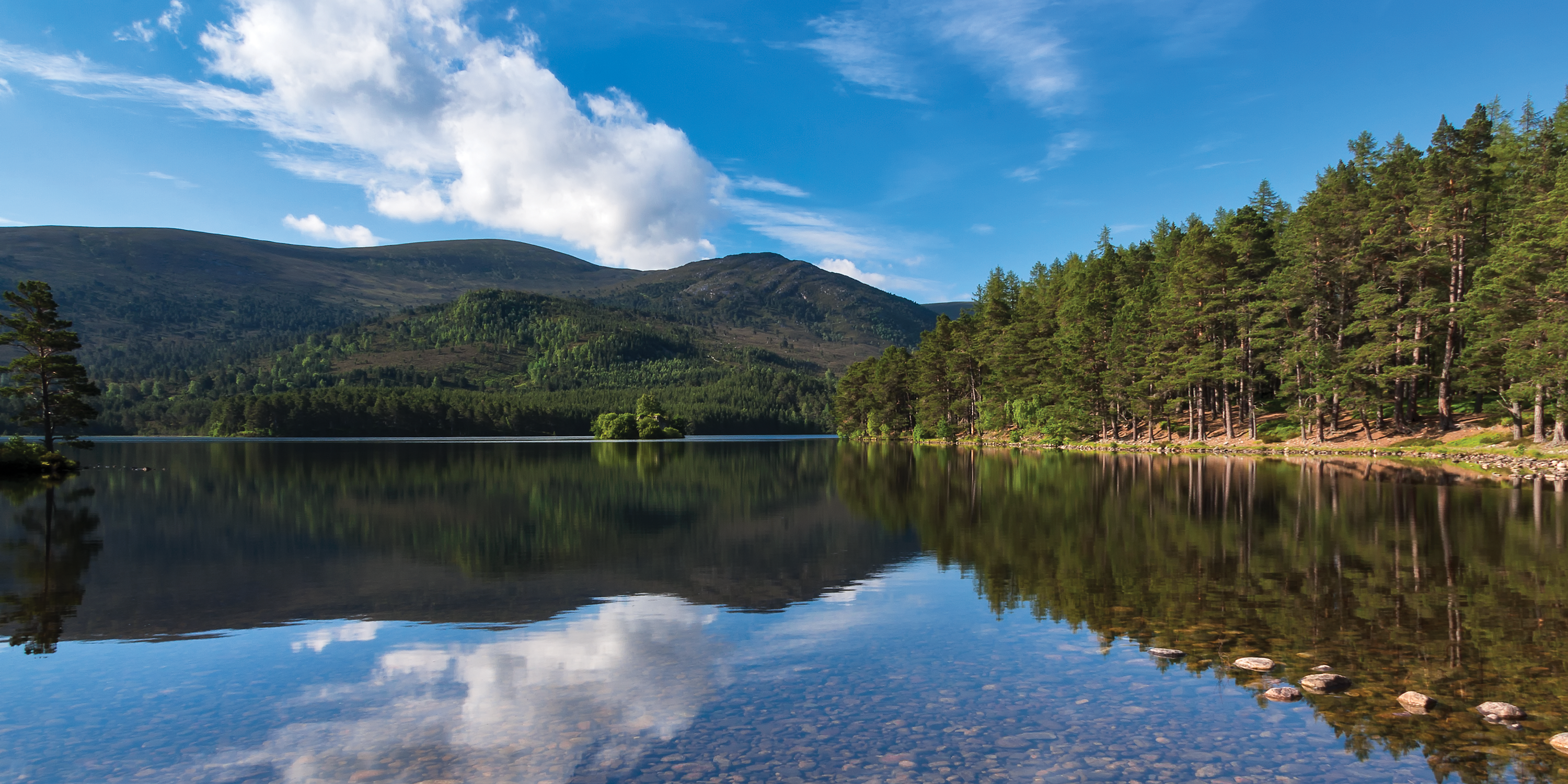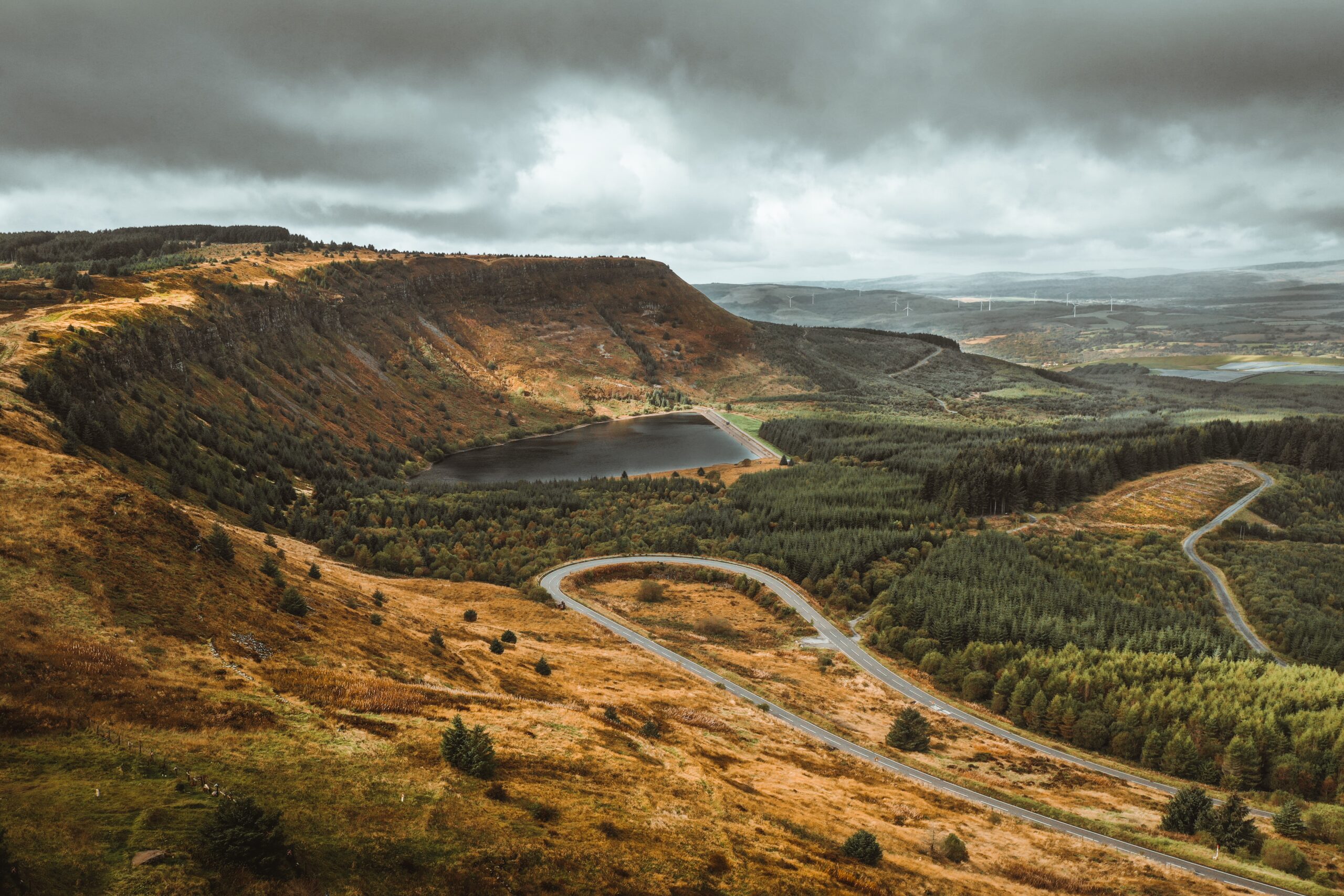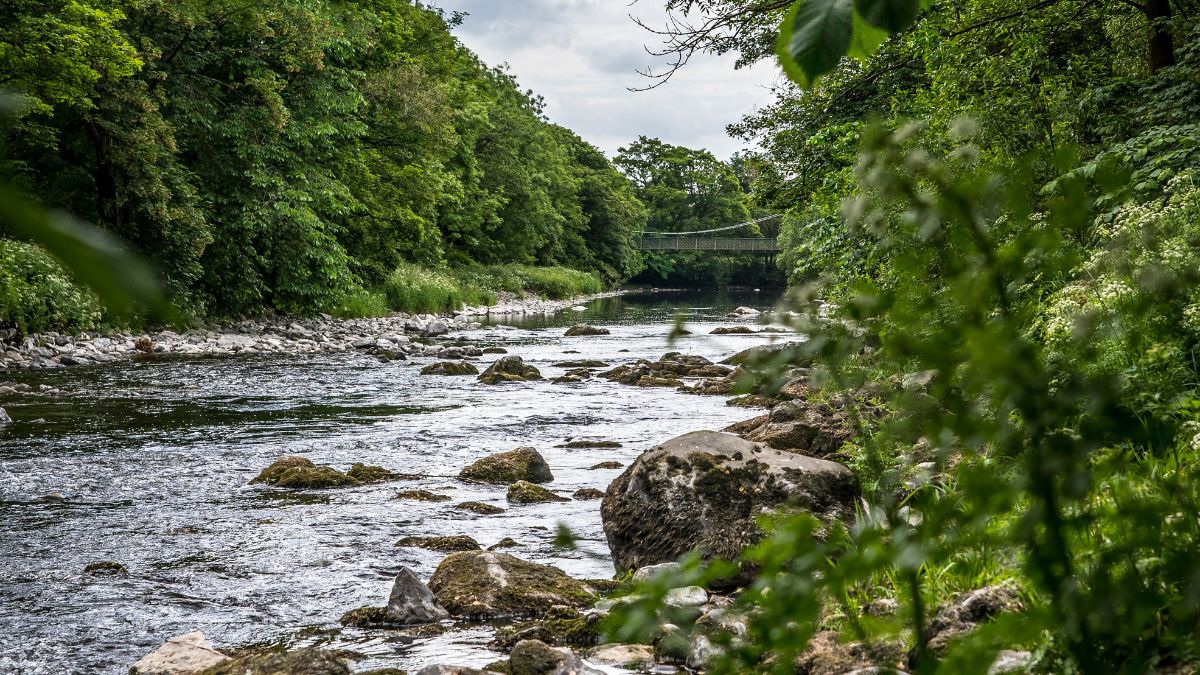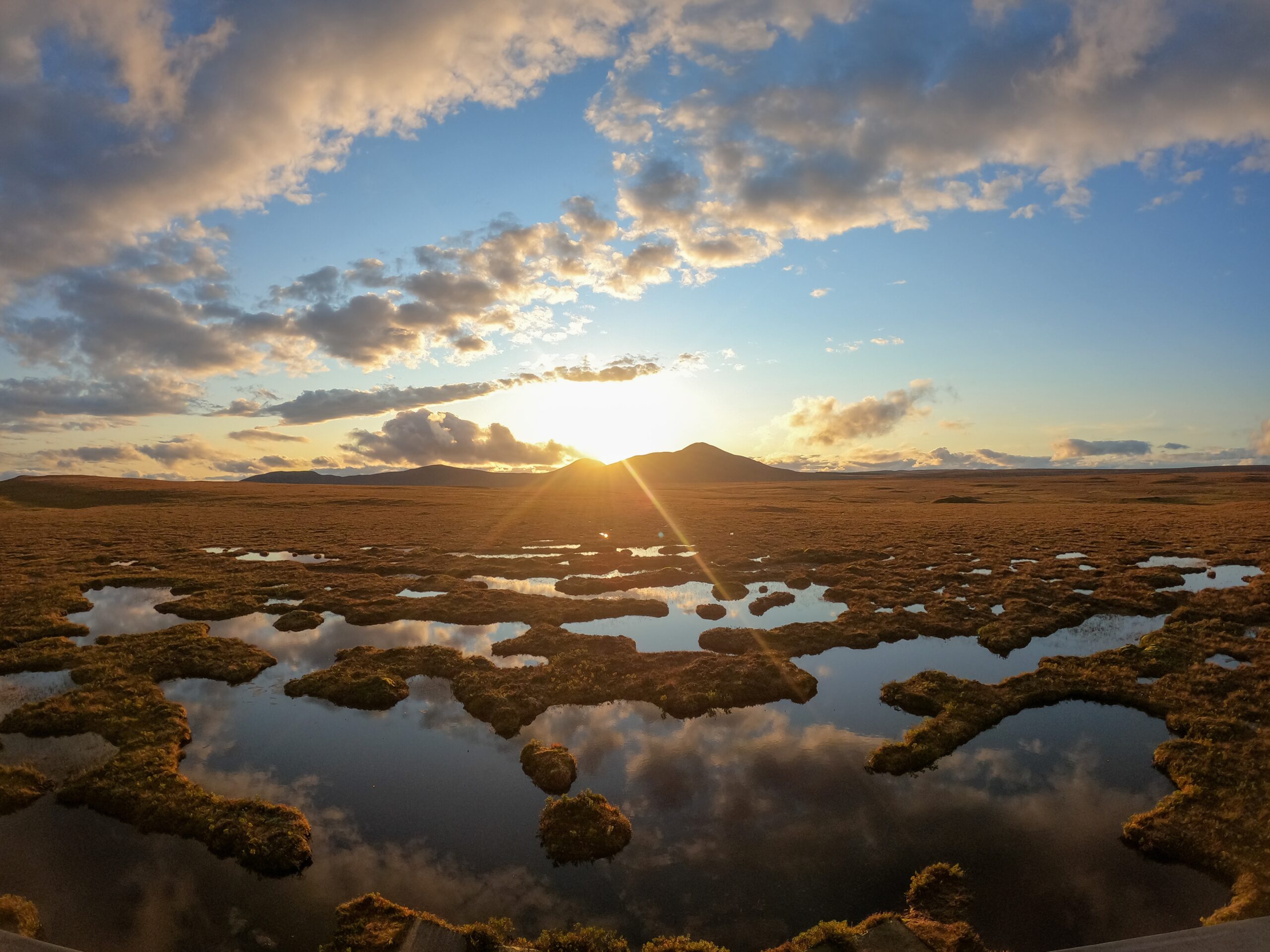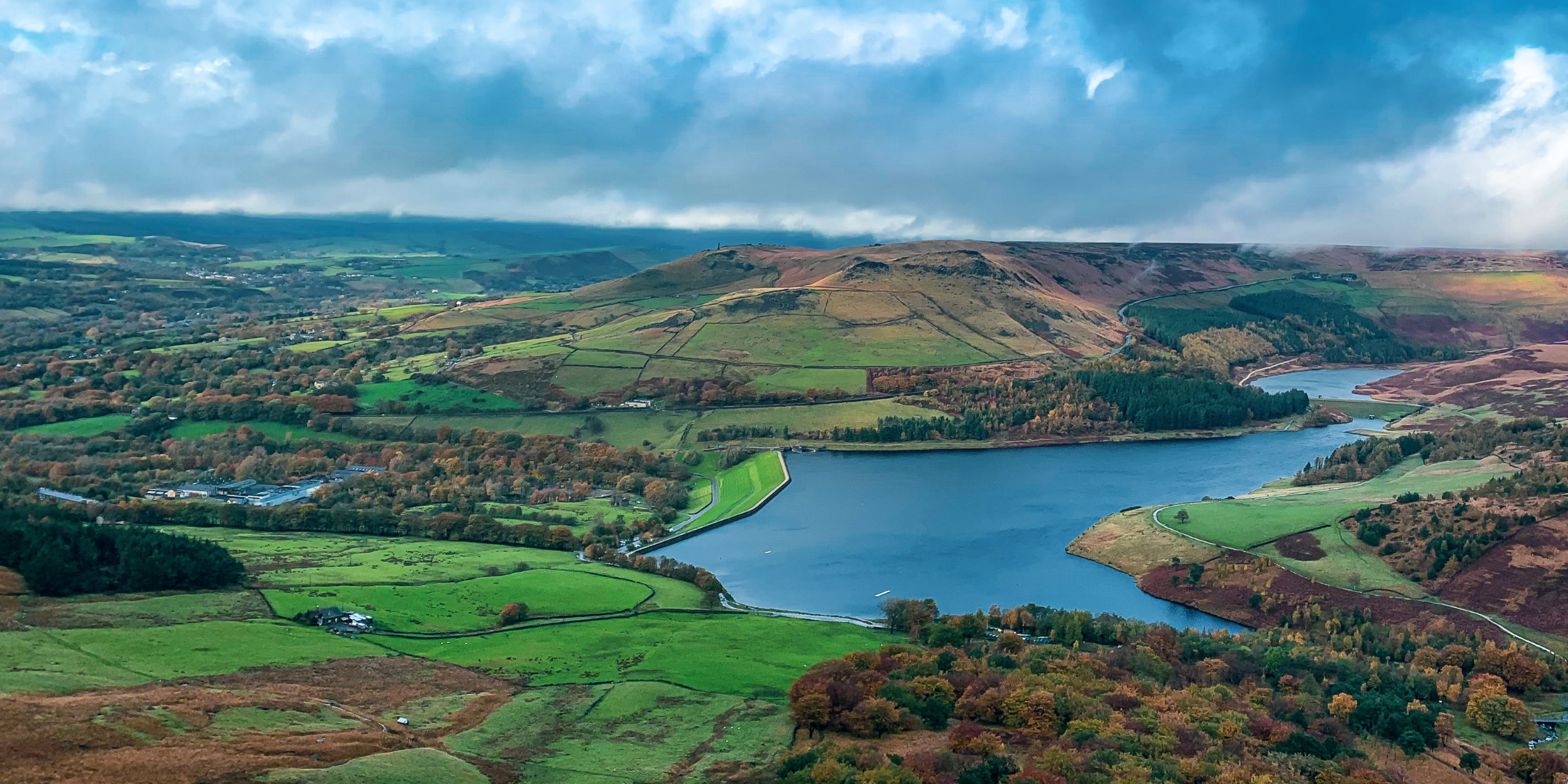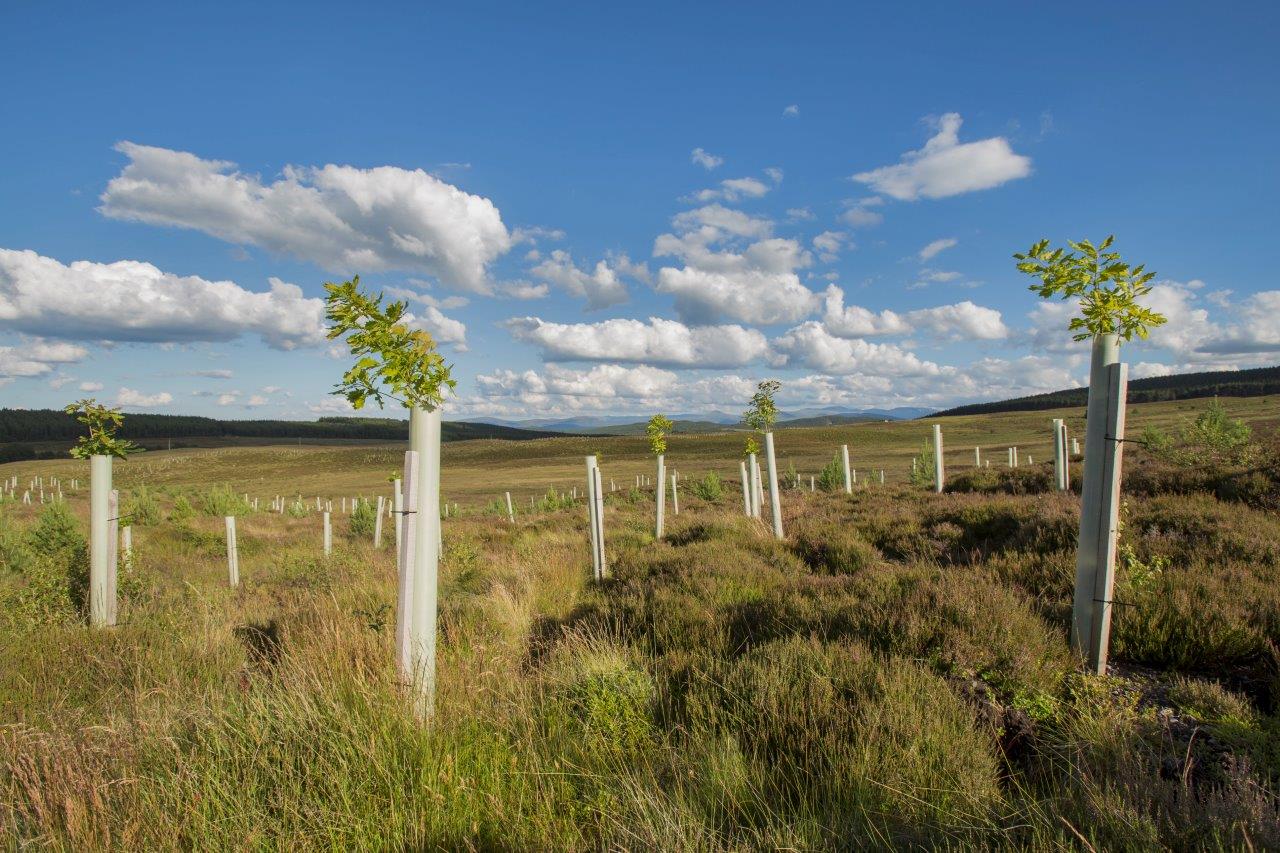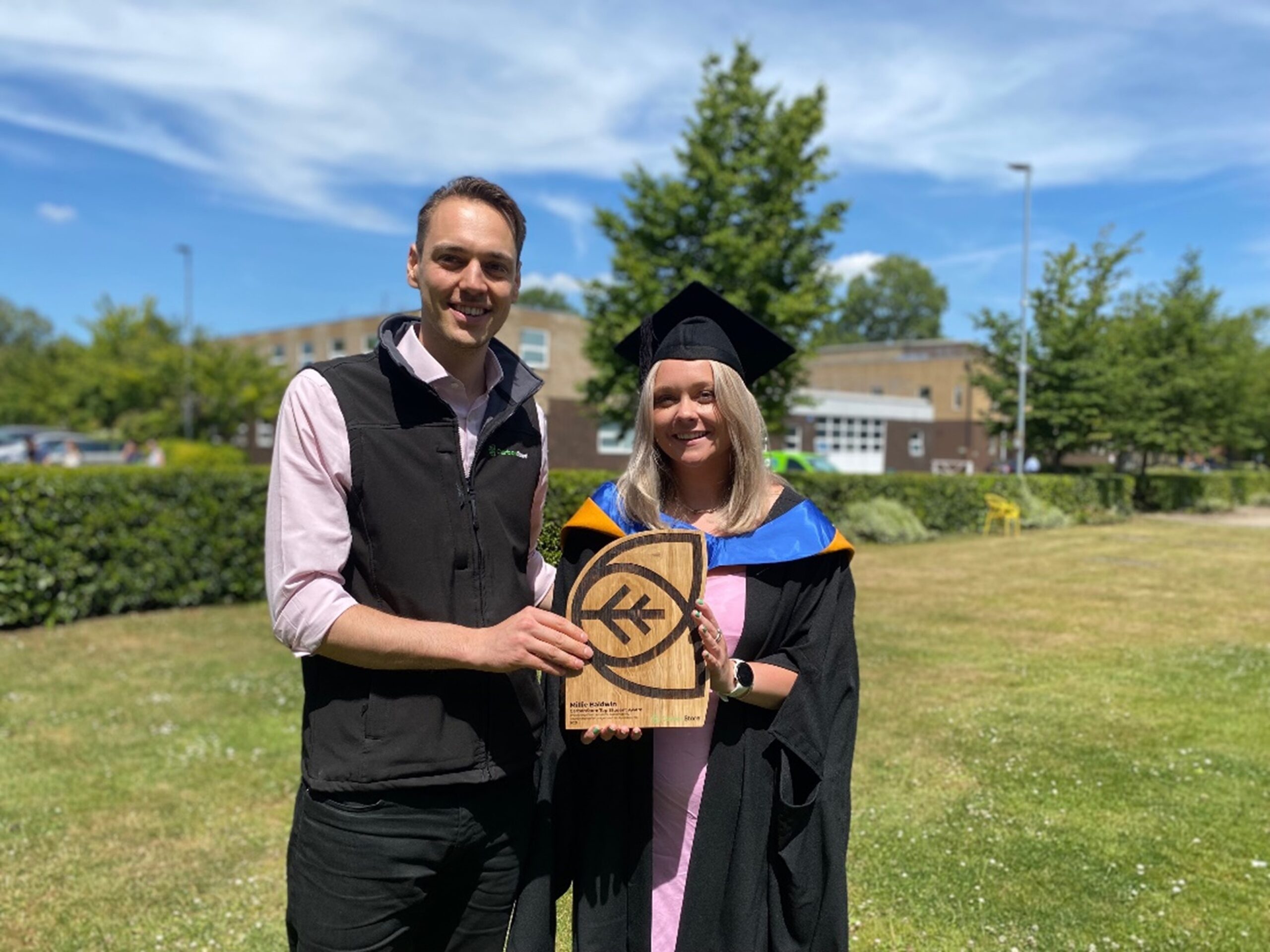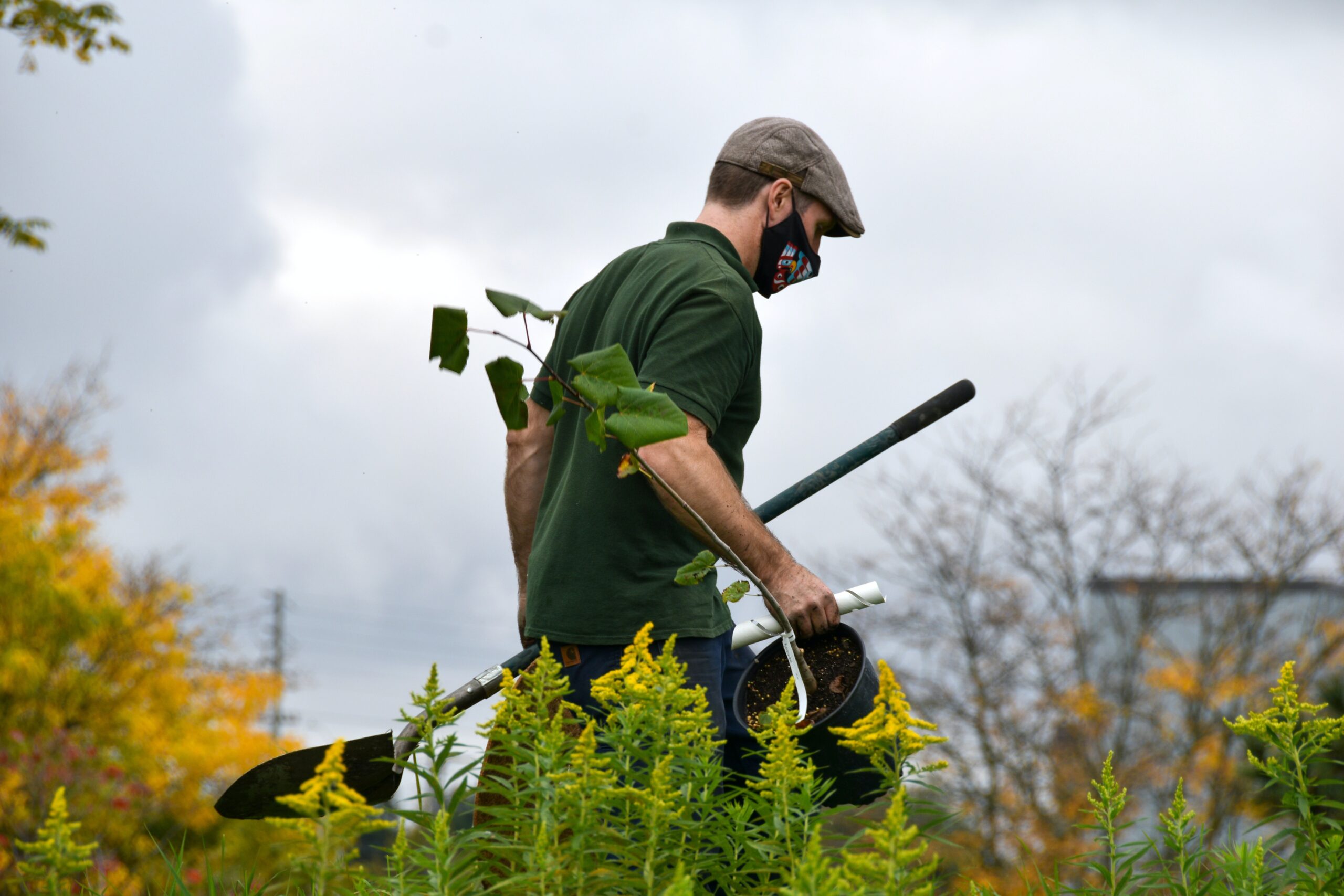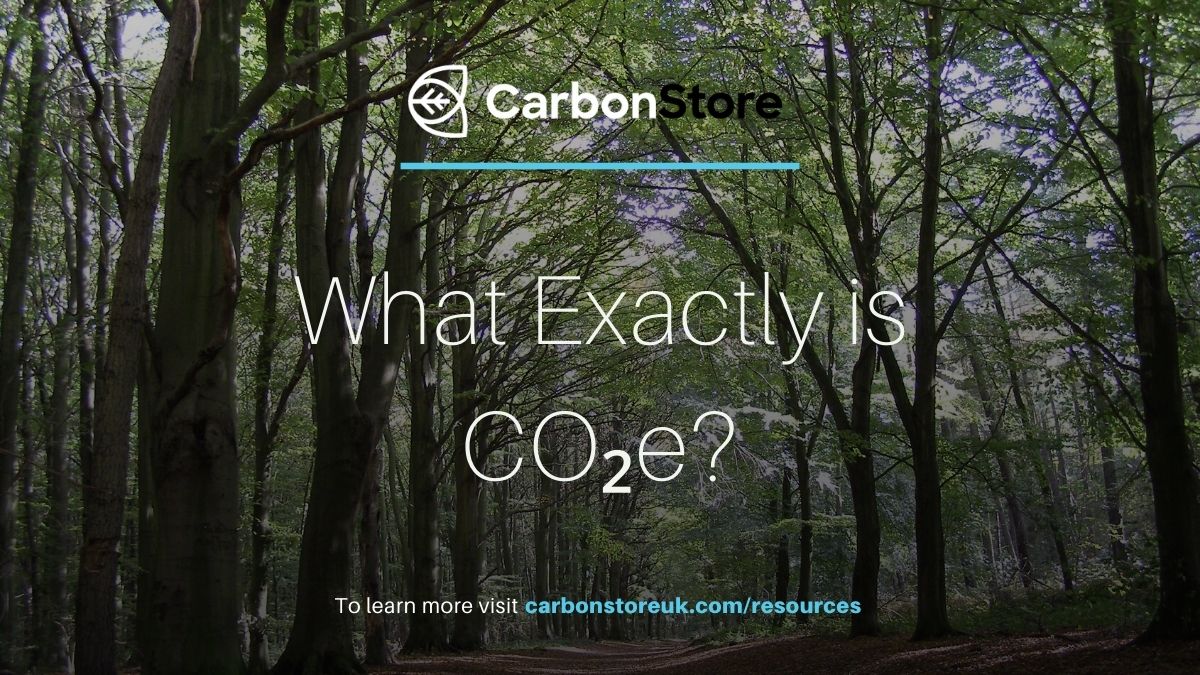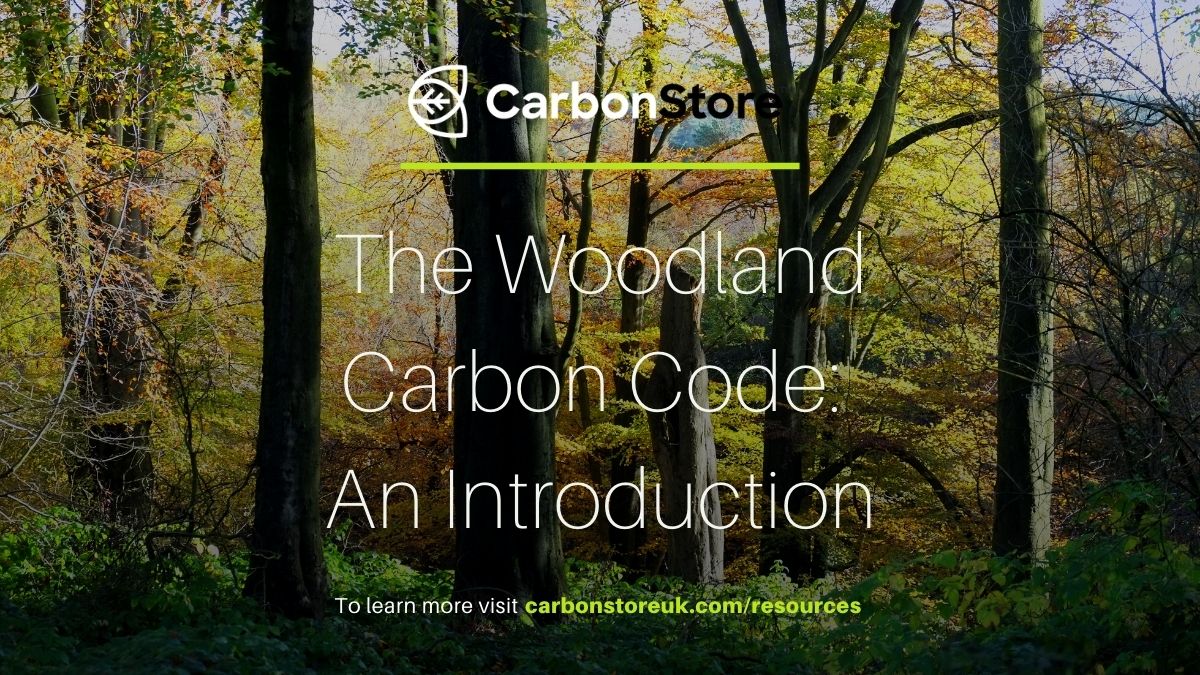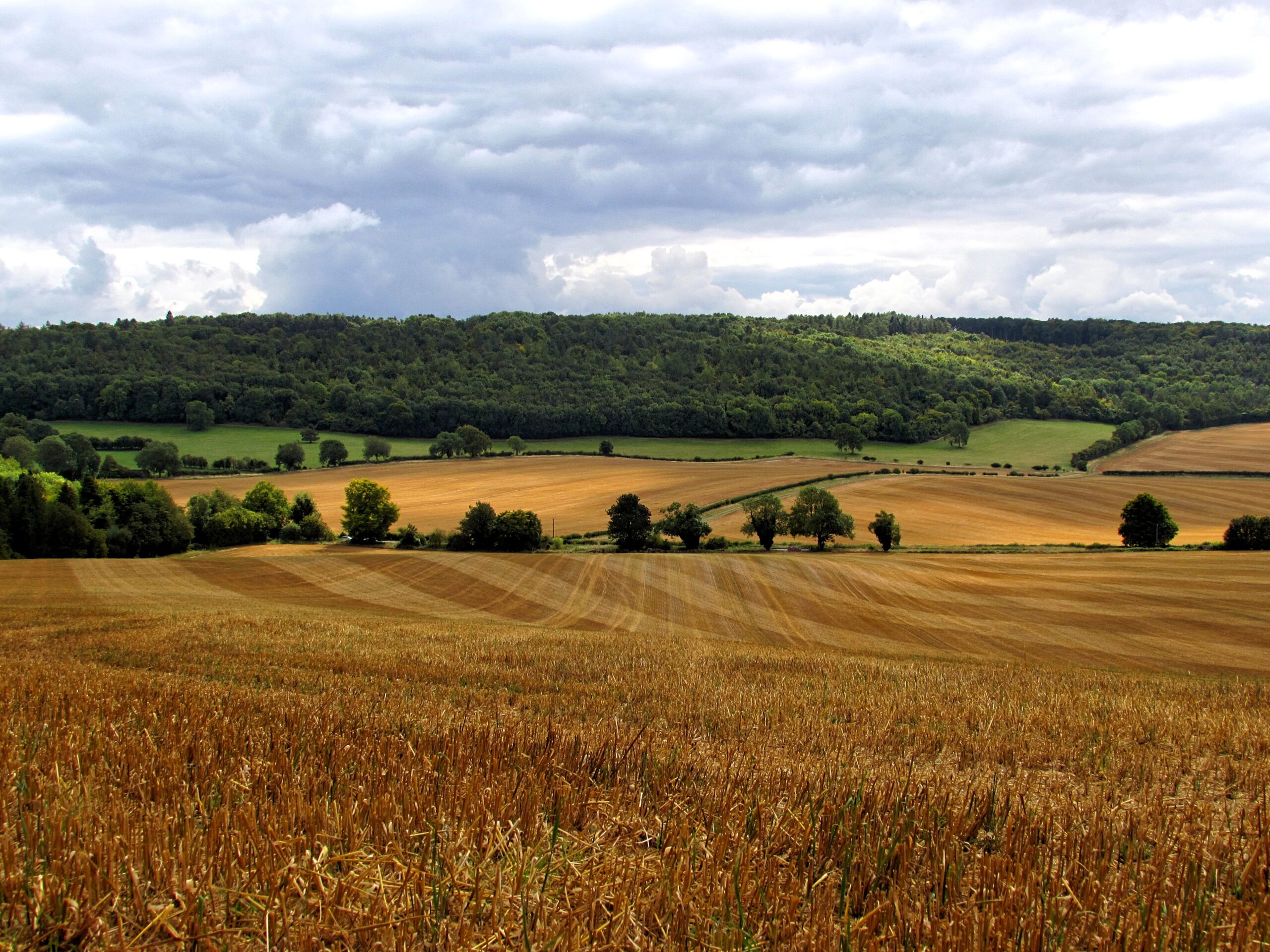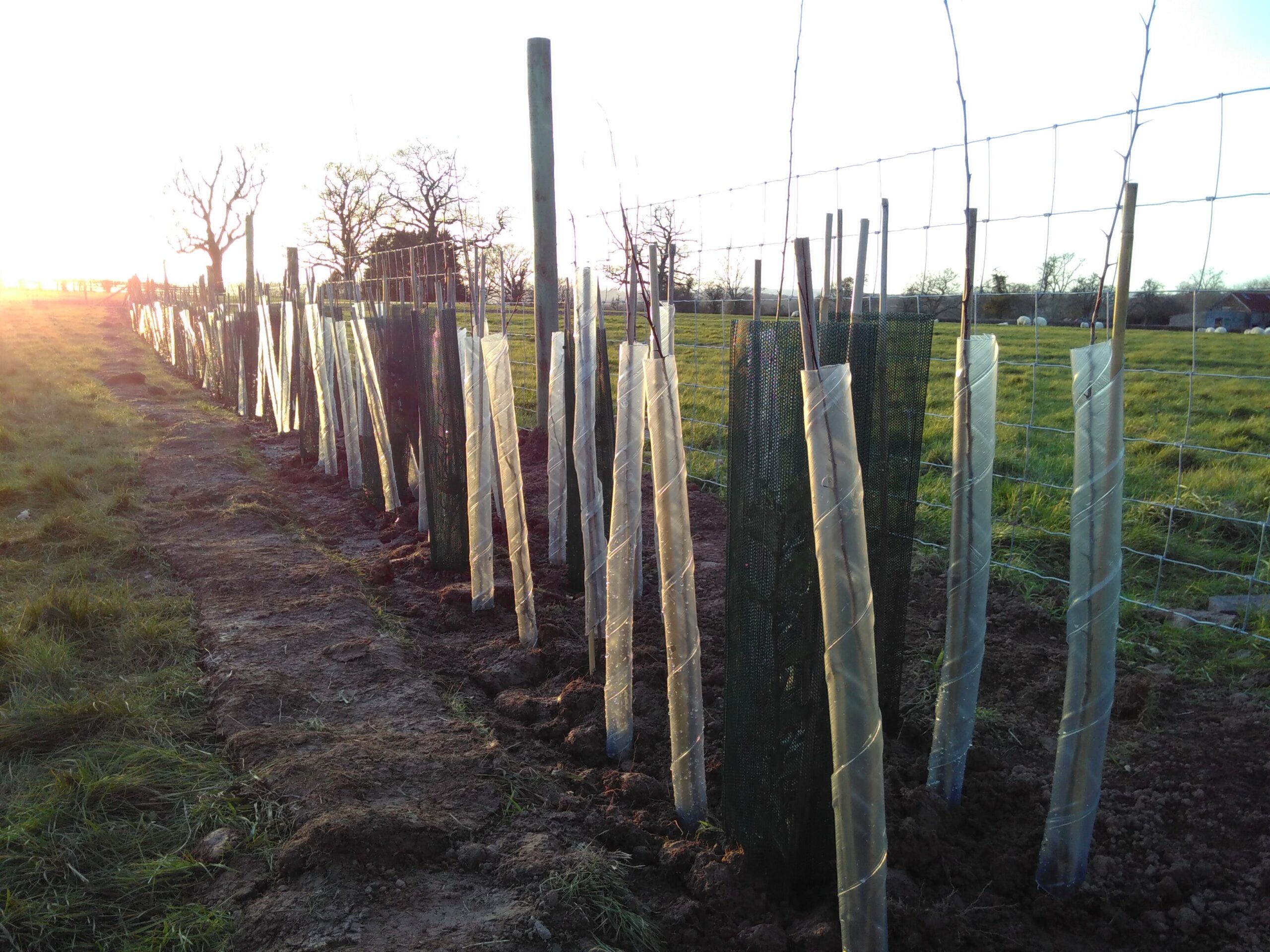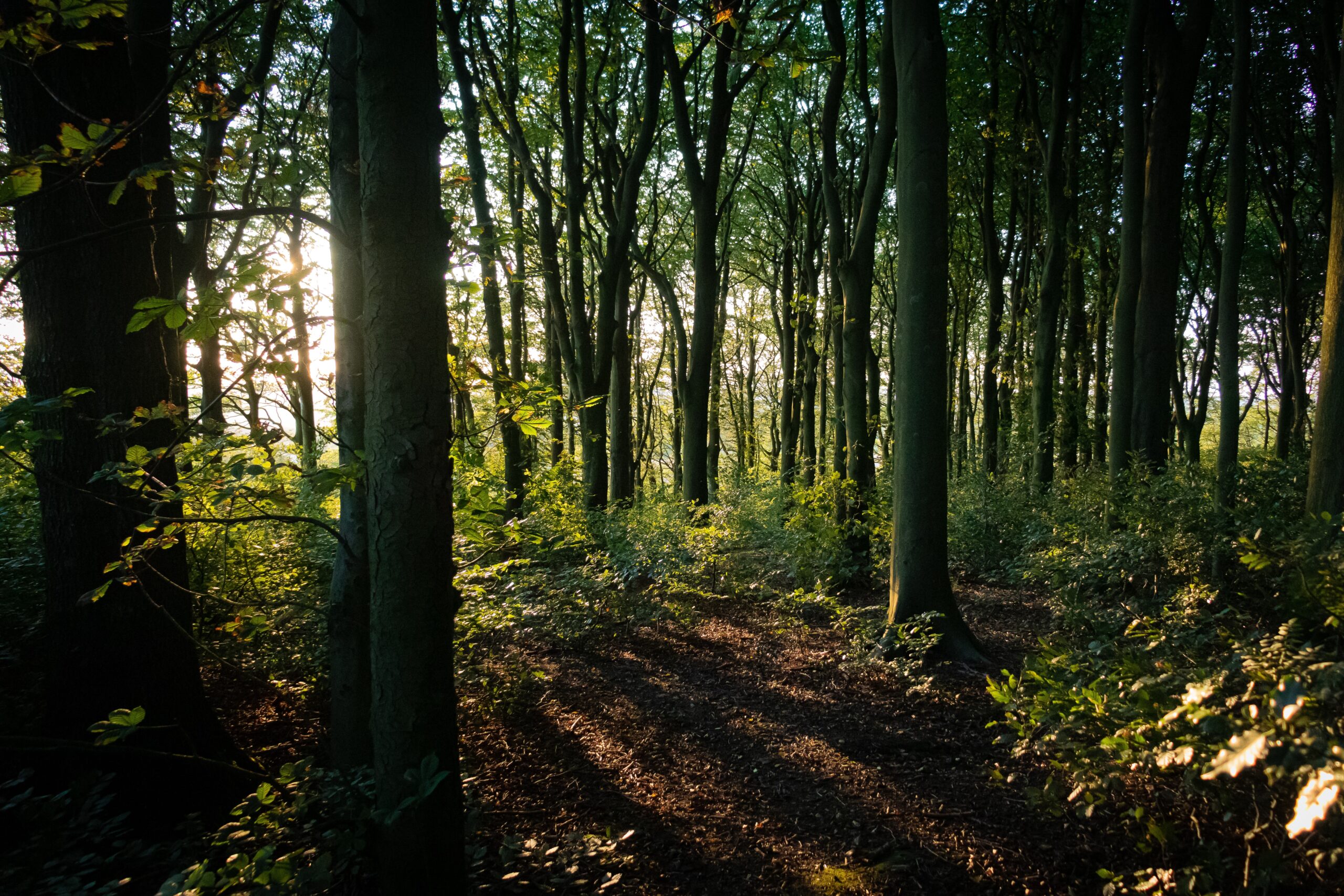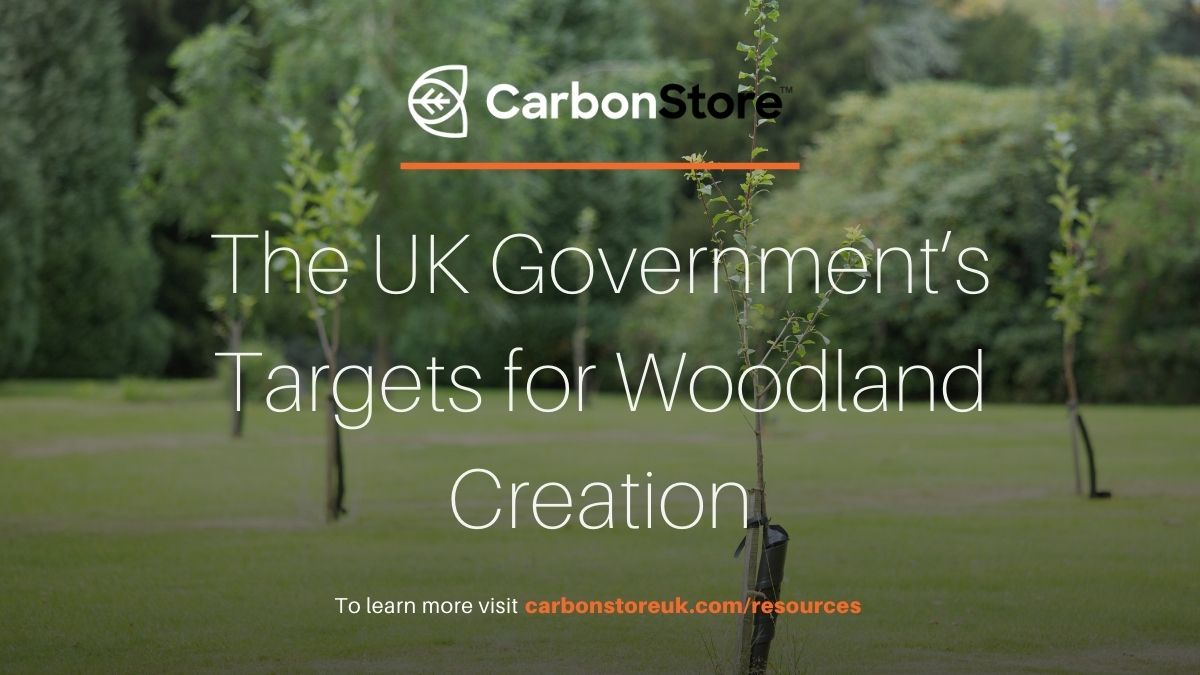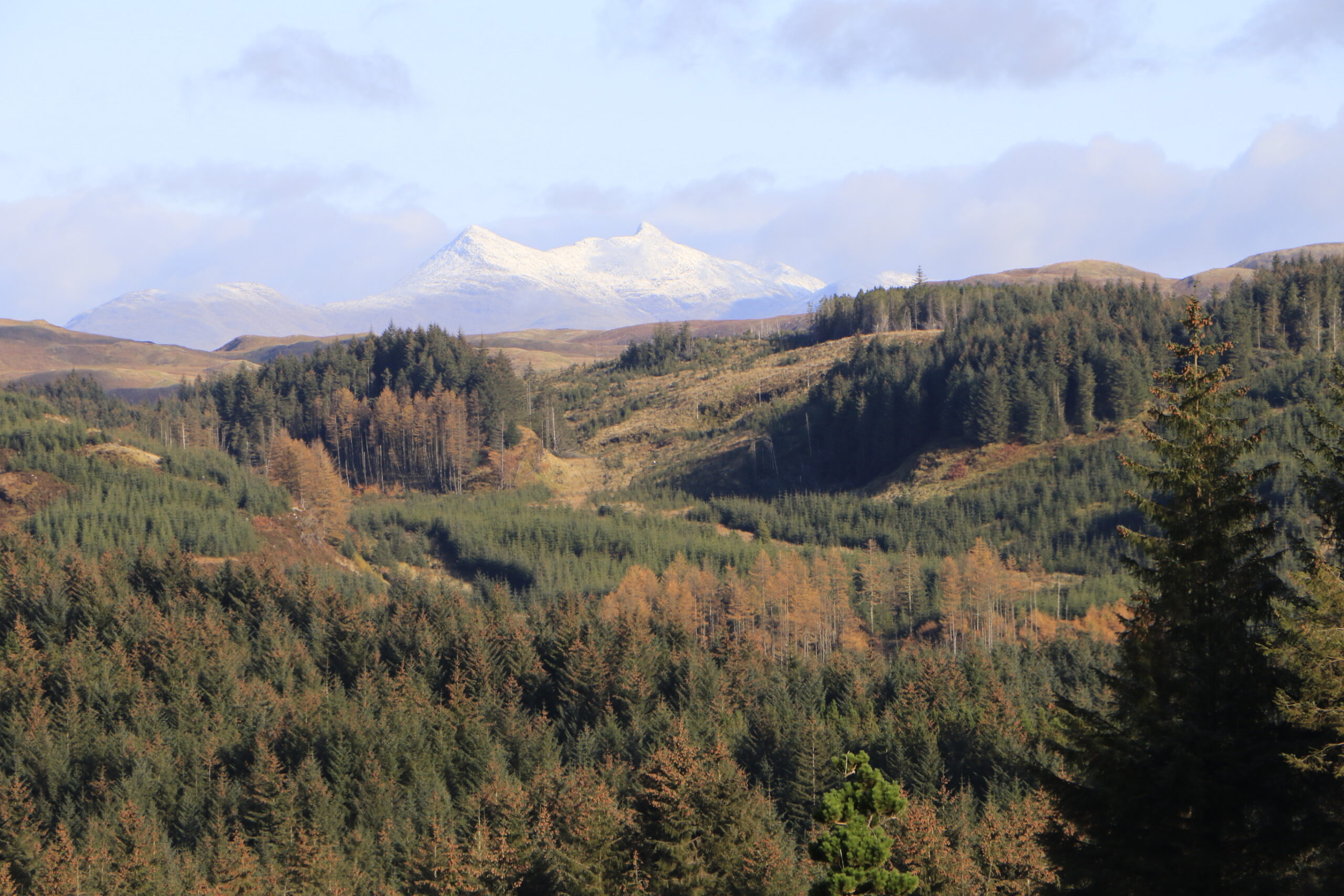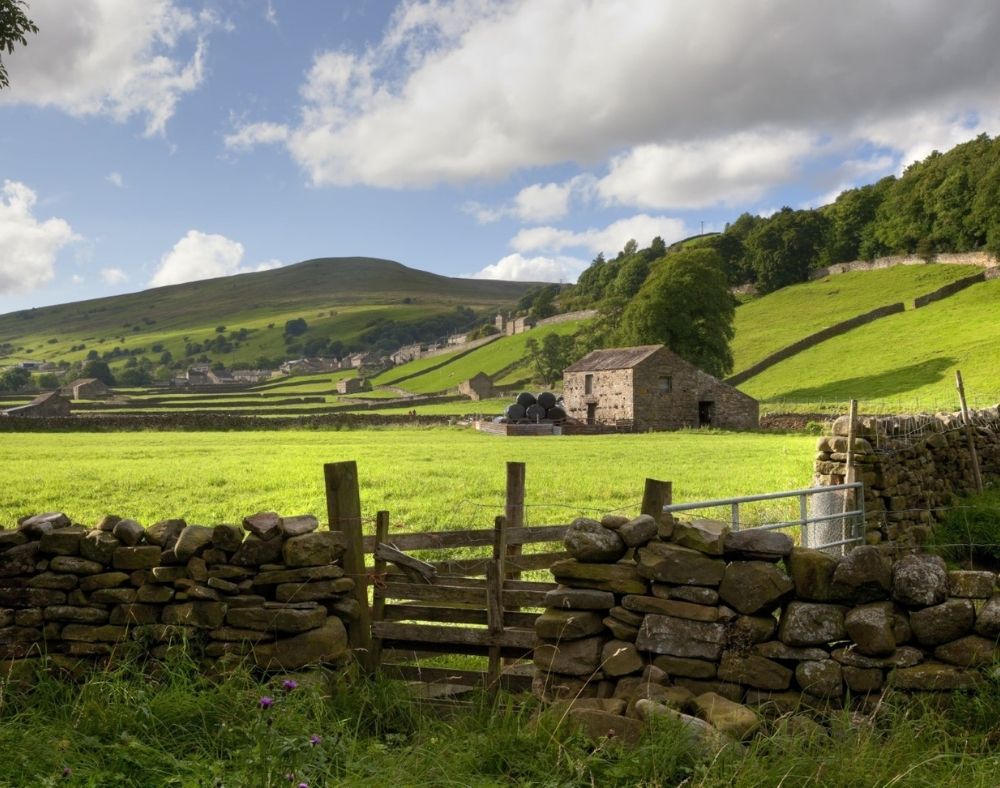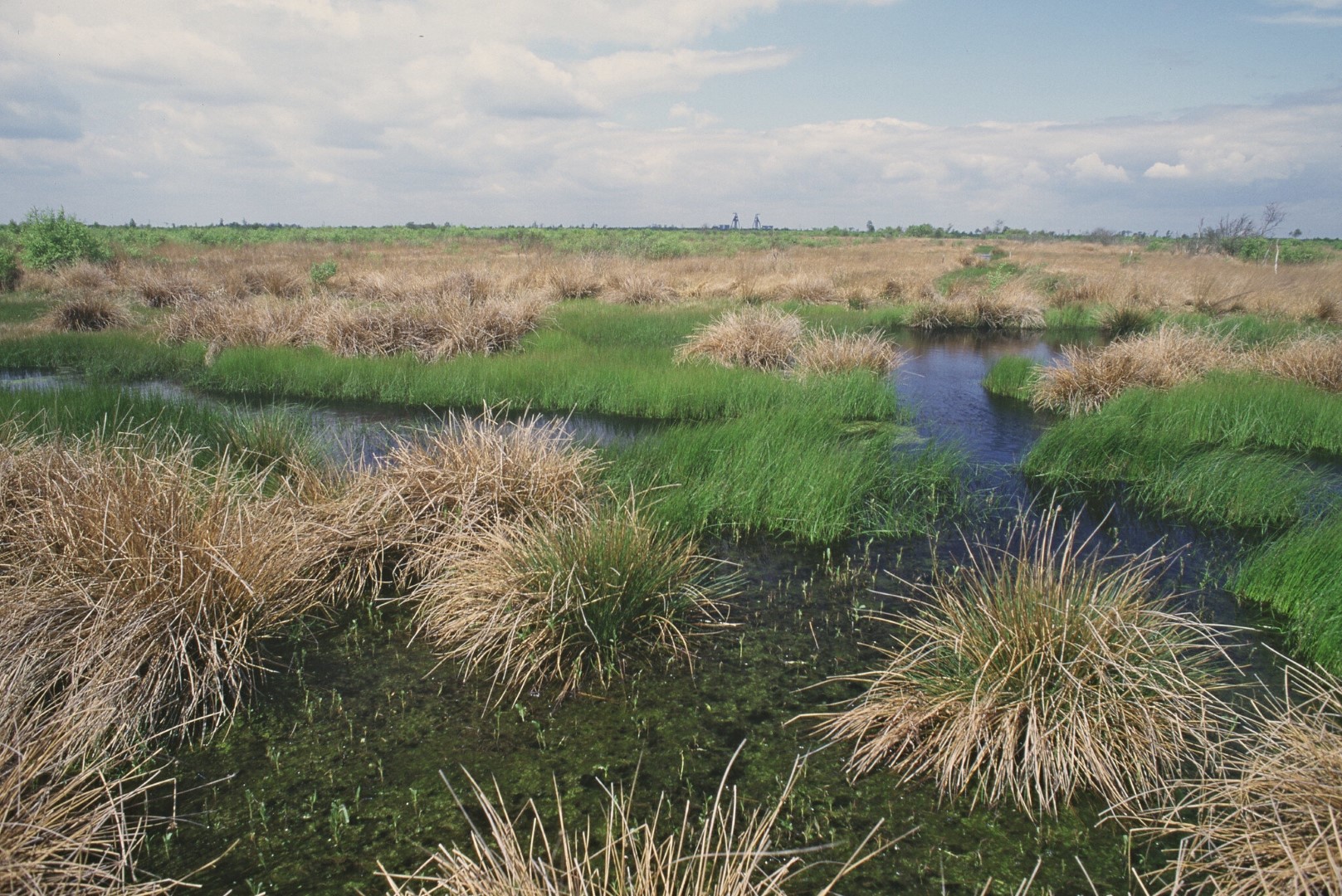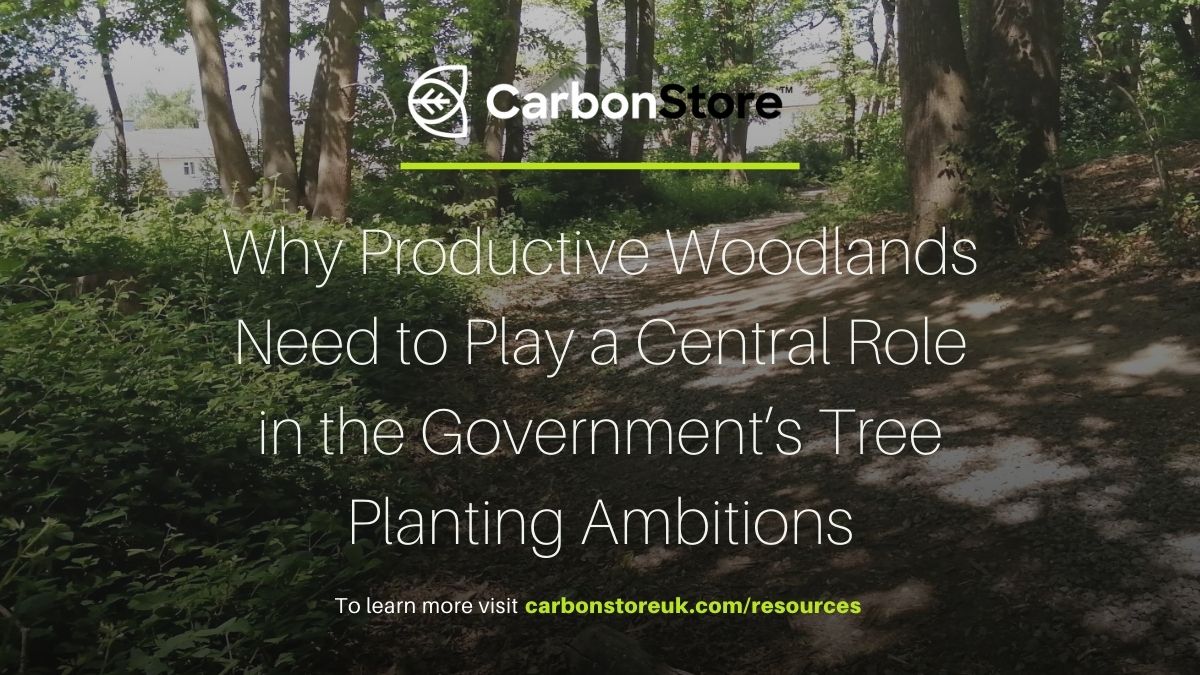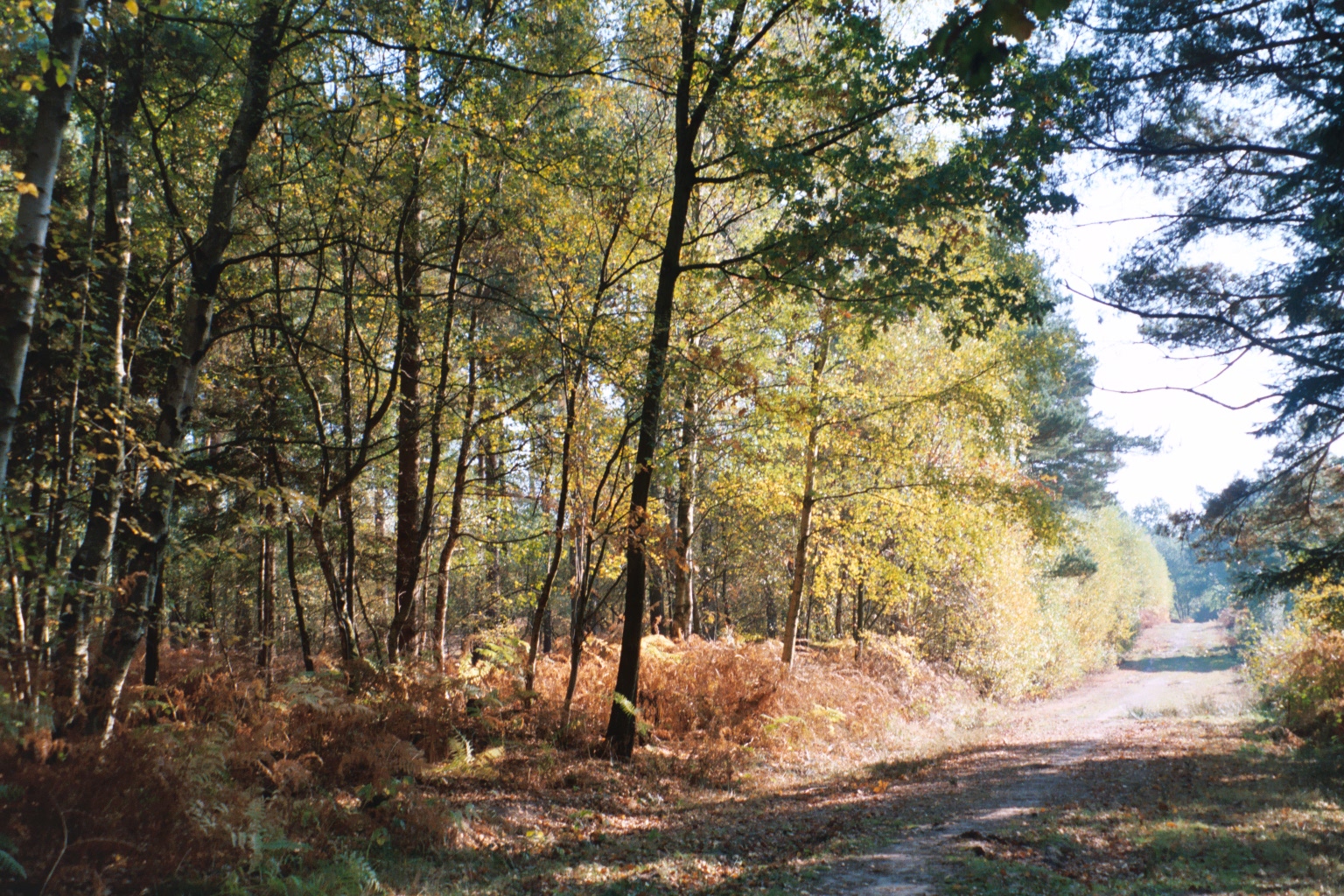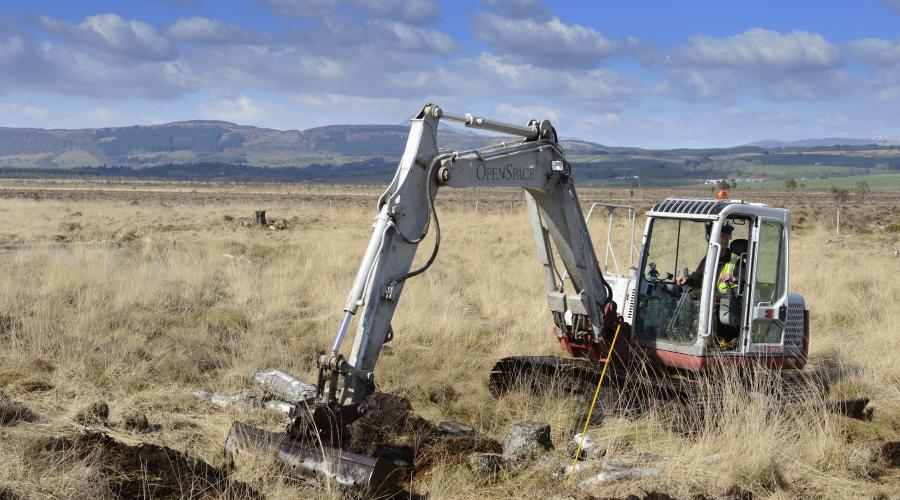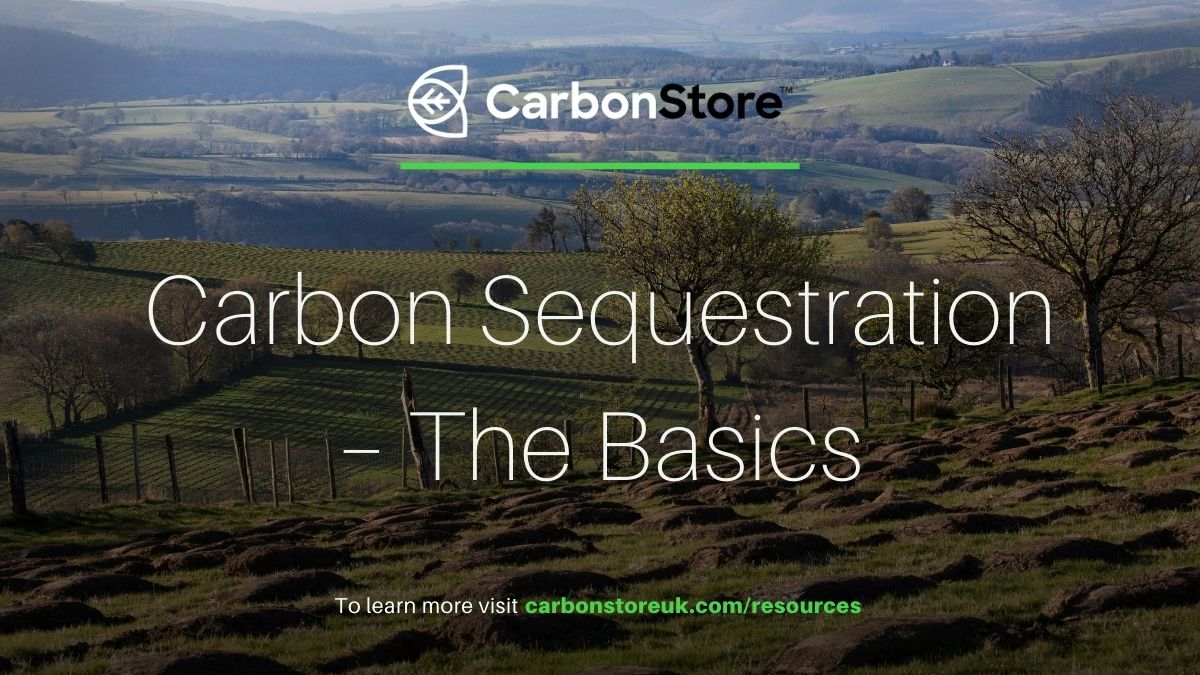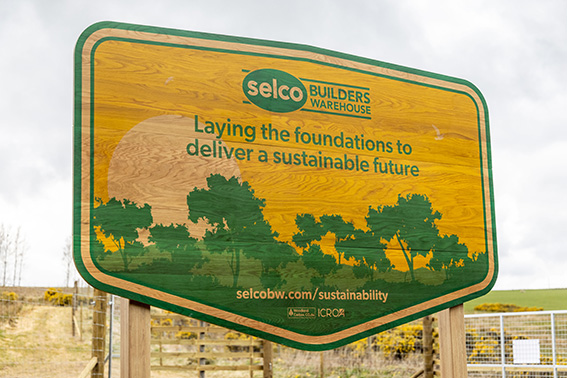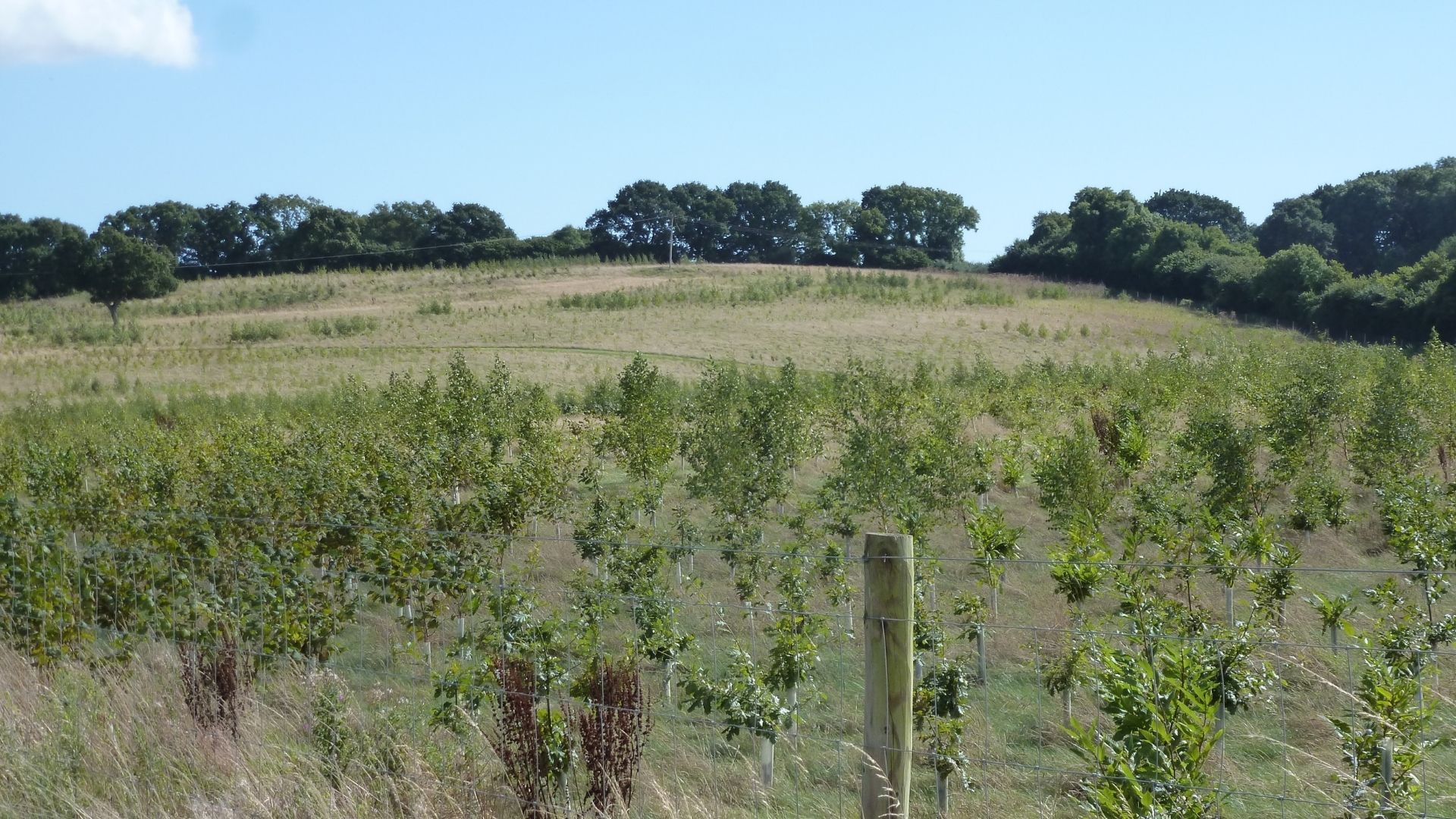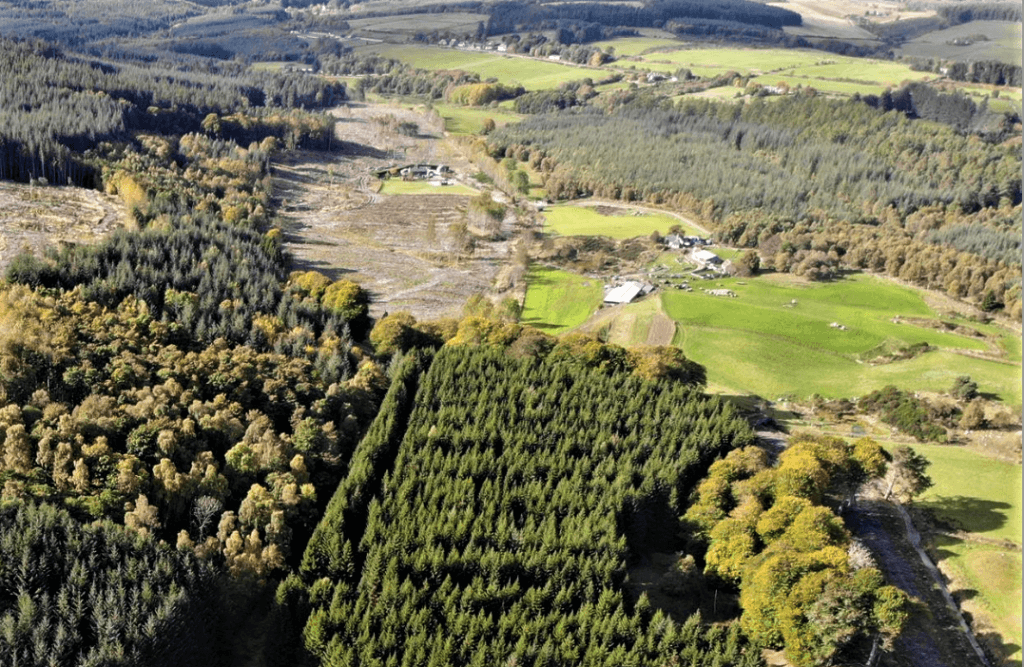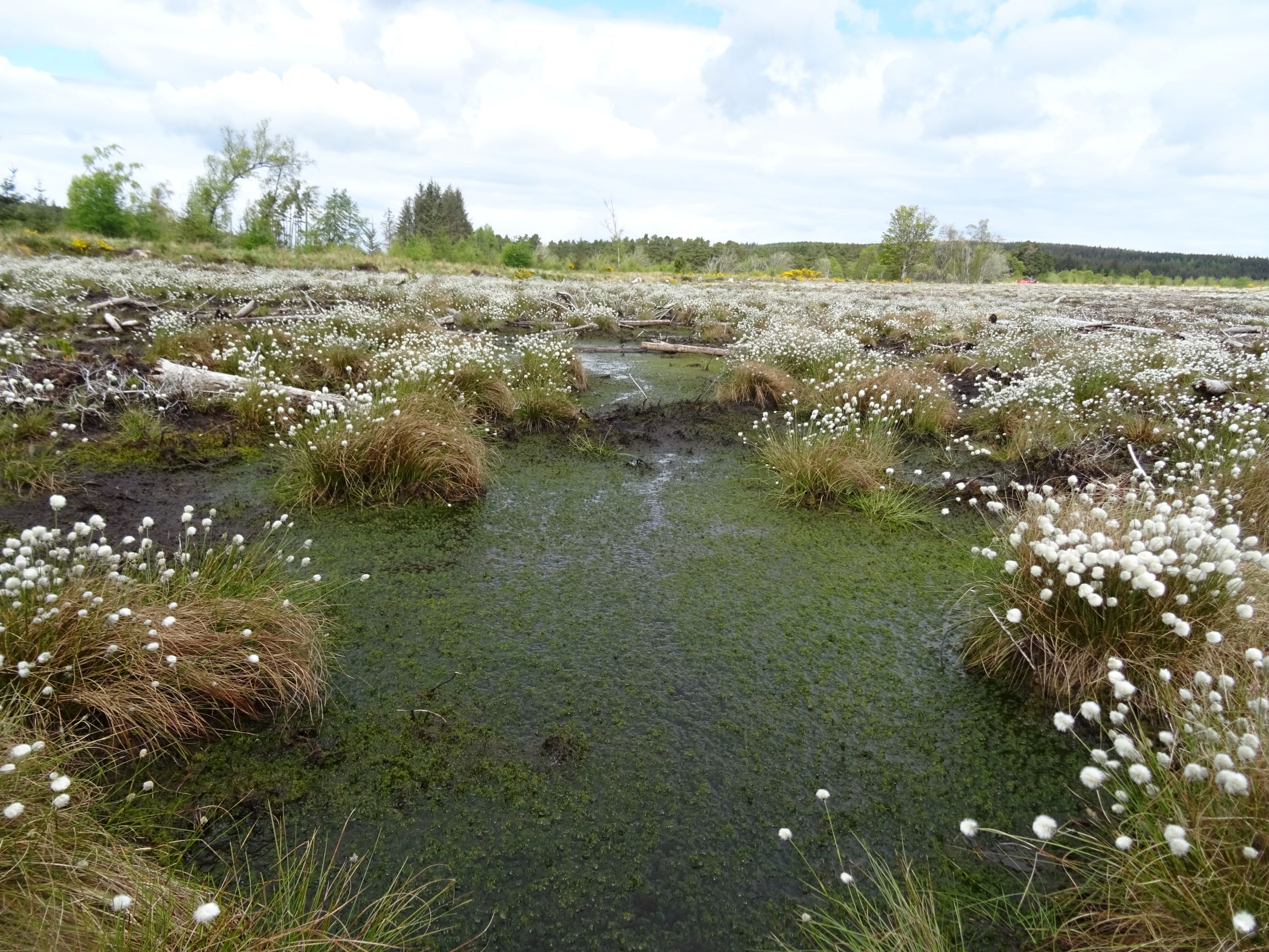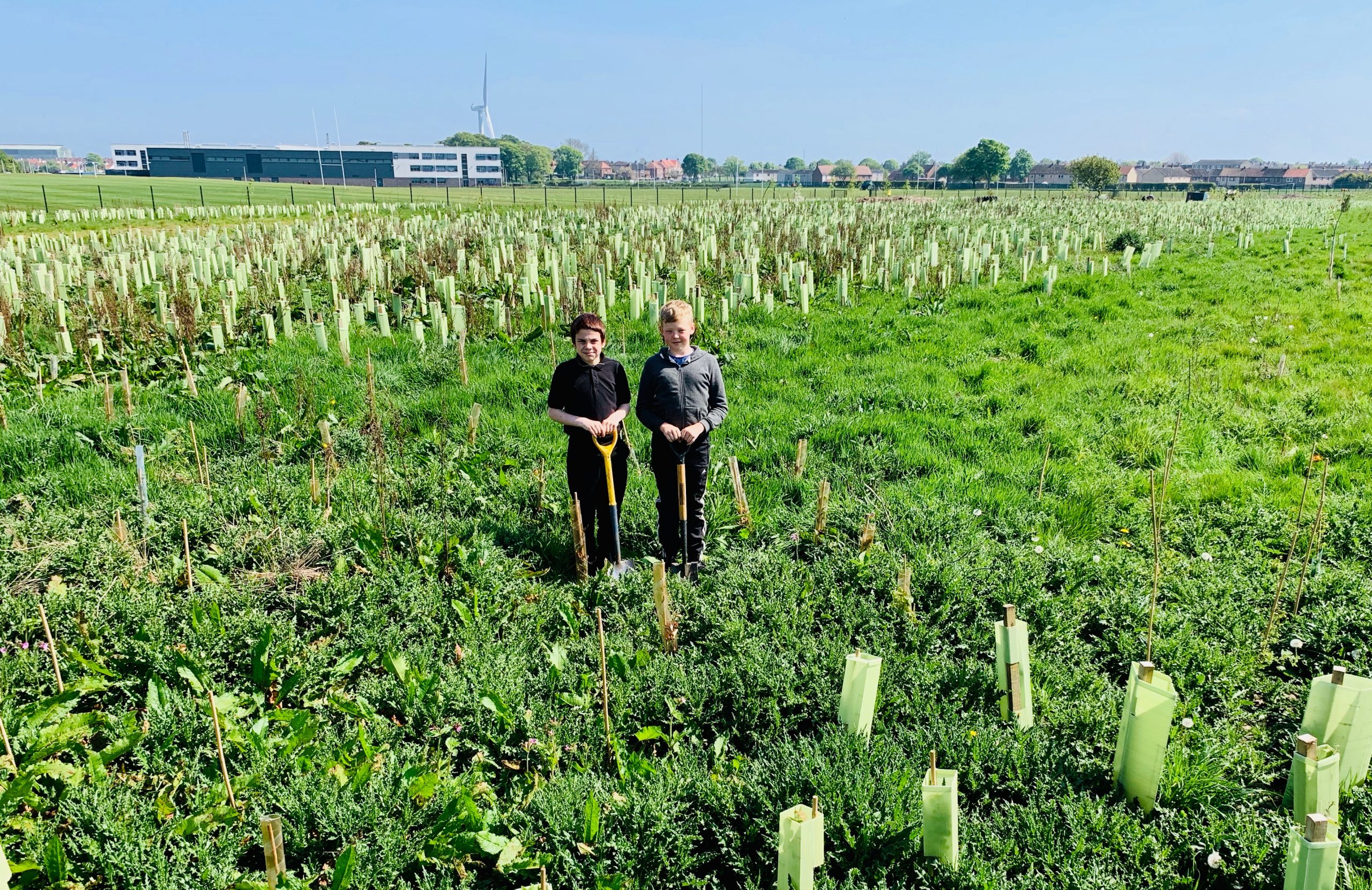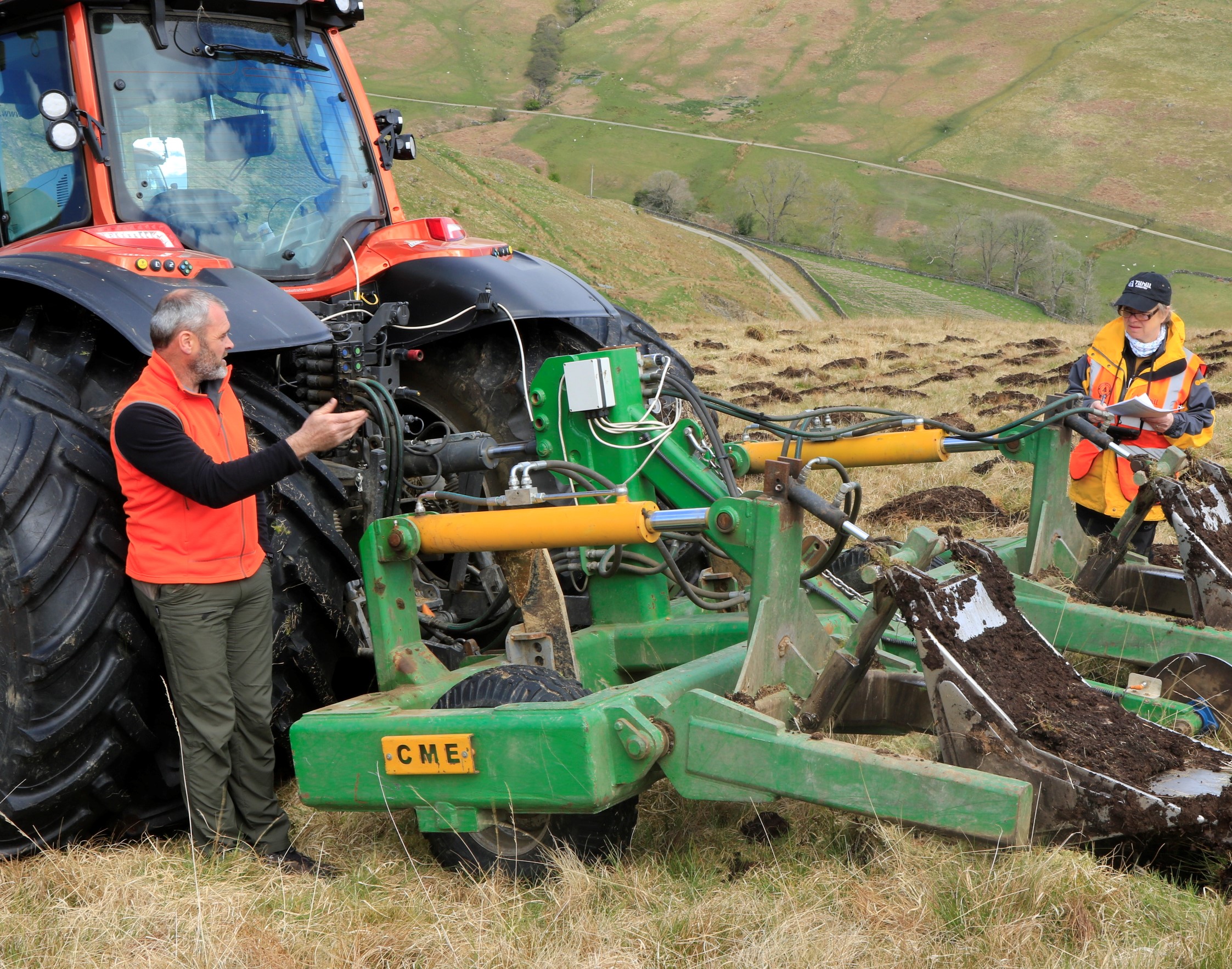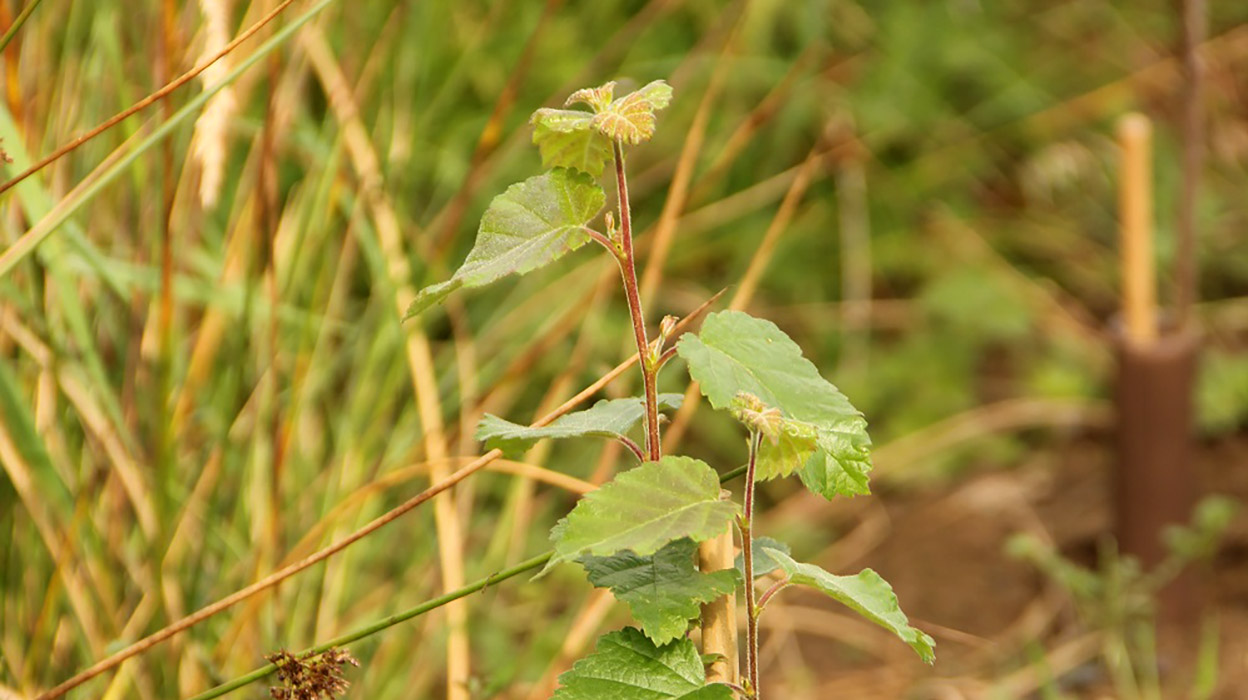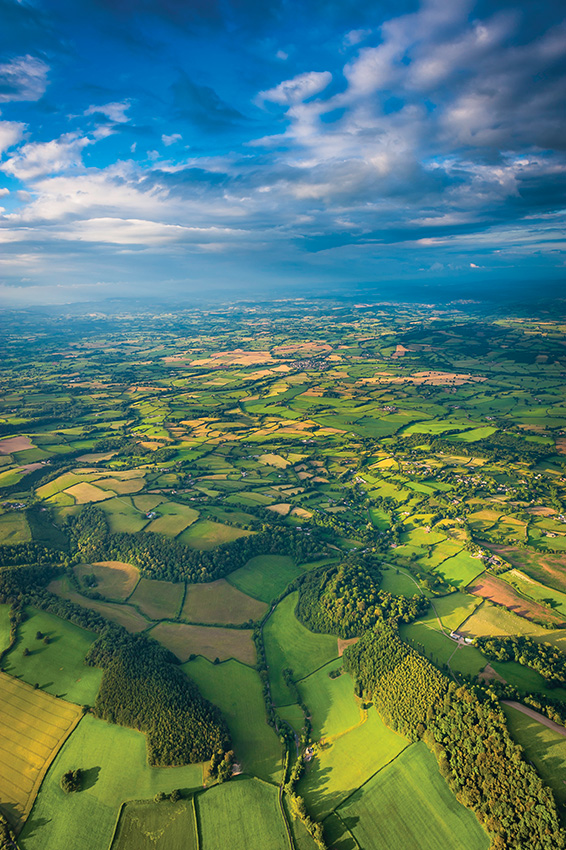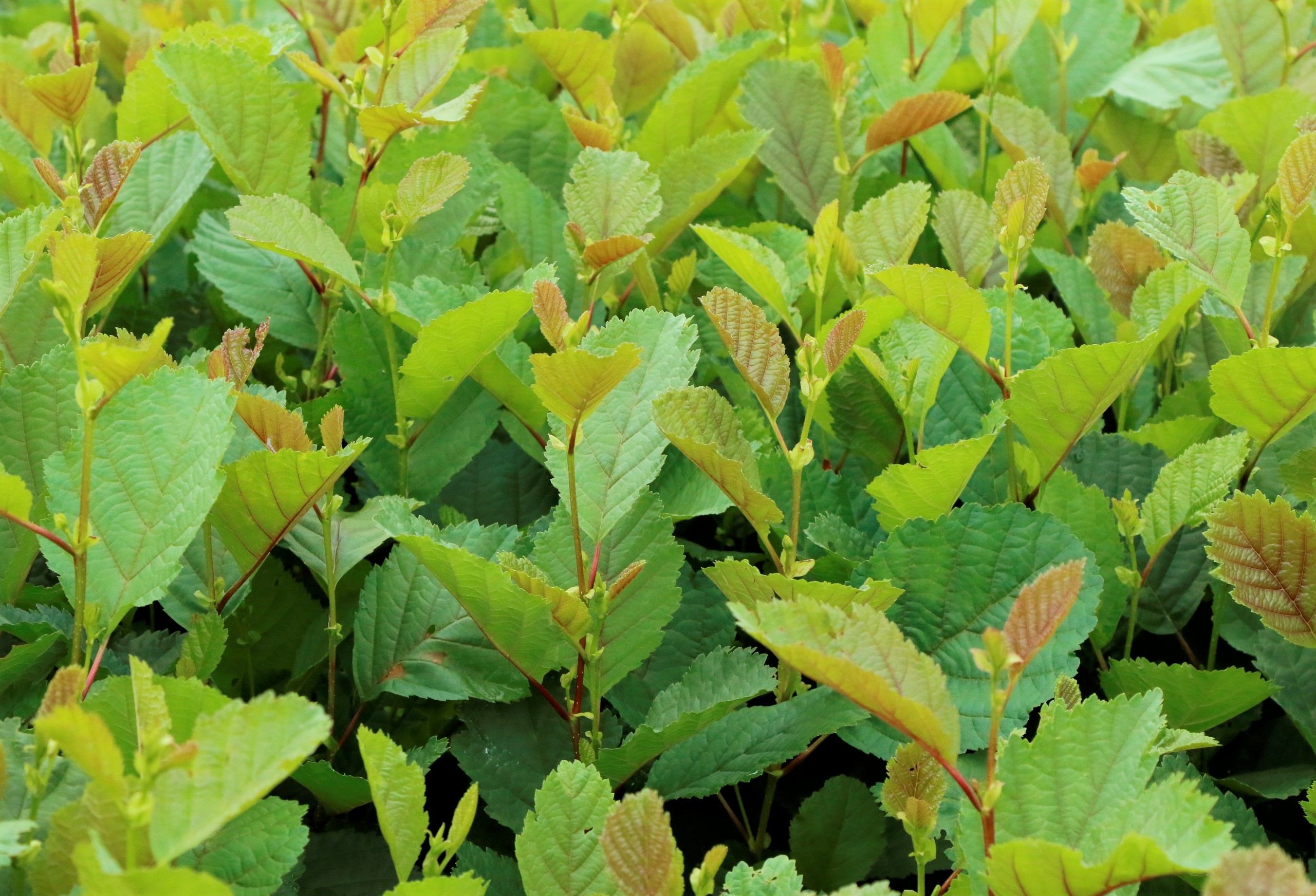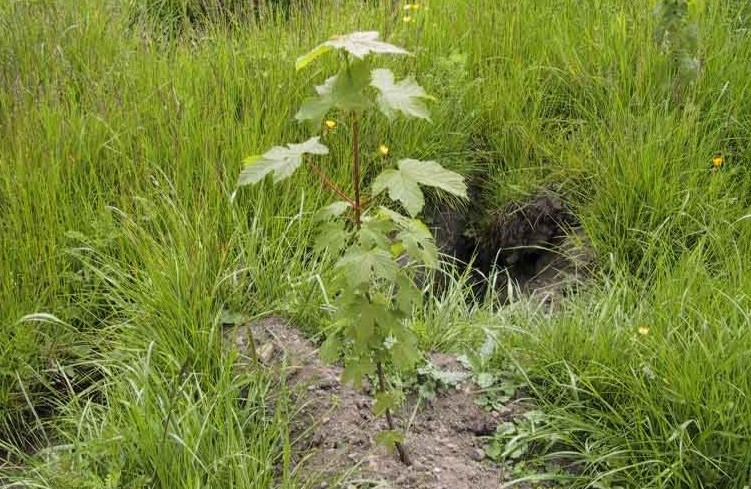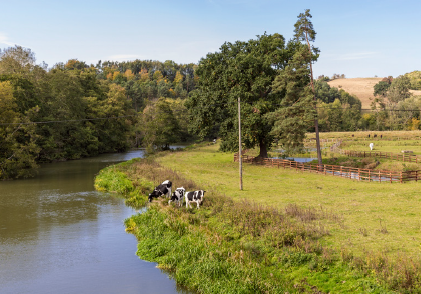Land use is changing in the UK and the services rendered by our rural landscape will expand dramatically in coming years. This means that the role of farmers, as landowners, will need to expand even wider from food producers and environmental caretakers of our countryside. Agroforestry could be the key.
The evolution of the market for Natural Capital and the recent roll out of the Sustainable Farming Incentive – which forms a key part of the Government’s Environmental Land Management schemes – will incentivise farmers to manage their land to produce food and generate ecological benefits, whilst contributing towards the UK’s goals on carbon, net zero, biodiversity and water quality.
Planting trees already contributes to many of these goals, but combining farming and forestry, known as ‘agroforestry’, allows farmers to continue to produce food for the UK, whilst expanding and diversifying income streams.
In addition to creating income from less productive land, trees and woodlands on farms can improve biodiversity, increase carbon sequestration, protect and enhance soils, reduce flooding, and stabilize river banks. Firewood can also be harvested from trees, and timber can be used for commercial purposes.
The Benefits of Agroforestry
Agroforestry, defined as ‘agriculture incorporating the cultivation of trees’, has a number of benefits to a farm business:
- Diversifying revenue: Timber and carbon related opportunities may earn more in the longer term and, in many cases, spending less time managing poor ground can let you focus on getting the best out of productive farmland.
- Creating shelter for livestock: Strategic planting can offer shade for livestock, which becomes crucial as we see summer temperatures rising. Trees are a natural way to provide cooler areas, helping you keep livestock out for longer, reduce feed costs, increase growth rates, and possibly lowering vet bills.
- Improving Biodiversity: Woodlands provide essential habitats to a wealth of wildlife, including nesting birds, shade-loving plants and fungi. Tree planting has a central role to take in our efforts to tackle our biodiversity crisis.
- Flood Mitigation: With a mature tree capturing over 700 gallons of water per year, they are an effective way of slowing run-off on farms and increasing water infiltration.
- Reducing Soil Erosion: Rain has the power and momentum to penetrate soil when it hits the ground and, if the land is dry, wind can do significant damage. Trees break up droplets of rain, while roots hold the soil together and protect it from the effects of wind.
- Climate Action: According to the Woodland Carbon Code, our broadleaf woodlands capture around 350 tonnes of carbon per hectare over 100 years and our commercial conifers capture 170 tonnes of carbon over 40 years. Tree planting is playing a key role in helping to mitigate climate change.
Farm and Revenue Diversification with Carbon
Tilhill, the UK’s leading provider of nature-based solutions offers a complete woodland management and agroforestry service to farmers, tailored according to their individual need. Their qualified and experienced forest managers work to understand your goals and can undertake every aspect of caring for the property.
Woodland-generated carbon prices have been rising over the past 2-3 years, and Tilhill’s carbon-offsetting business, CarbonStore, is able to secure a fair and competitive price, due to both the competitive nature of its specific service and trends in the wider market.
In more populated areas of Southern England, farmers might achieve £25-£30 per ton. In less populated parts of lowland Scotland, prices range around £20 per ton, enough to generate an additional £3,000 per hectare, even on commercial forestry projects.
Farmers’ potential income stream is further improved by the nature of the service CarbonStore offers. Unlike its competitors, CarbonStore is incentivised to maximise the price which farmers receive for their carbon units.
Working Together
The rural economy is changing, and we must all prepare for that new landscape. This type of innovative new Agroforestry service from Tilhill and CarbonStore allows our clients to make the most of these emerging opportunities while staying at the forefront of these changes.
Tilhill and CarbonStore together offer an end-to-end package of woodland creation and carbon marketing which not only leads the forestry industry in quality of our work but also offers the best value for farmers.
Please contact David McCulloch, the head of CarbonStore, personally either by email (david.mcculloch@carbonstoreuk.com) or by phone (07500 950832).
More news
Share

